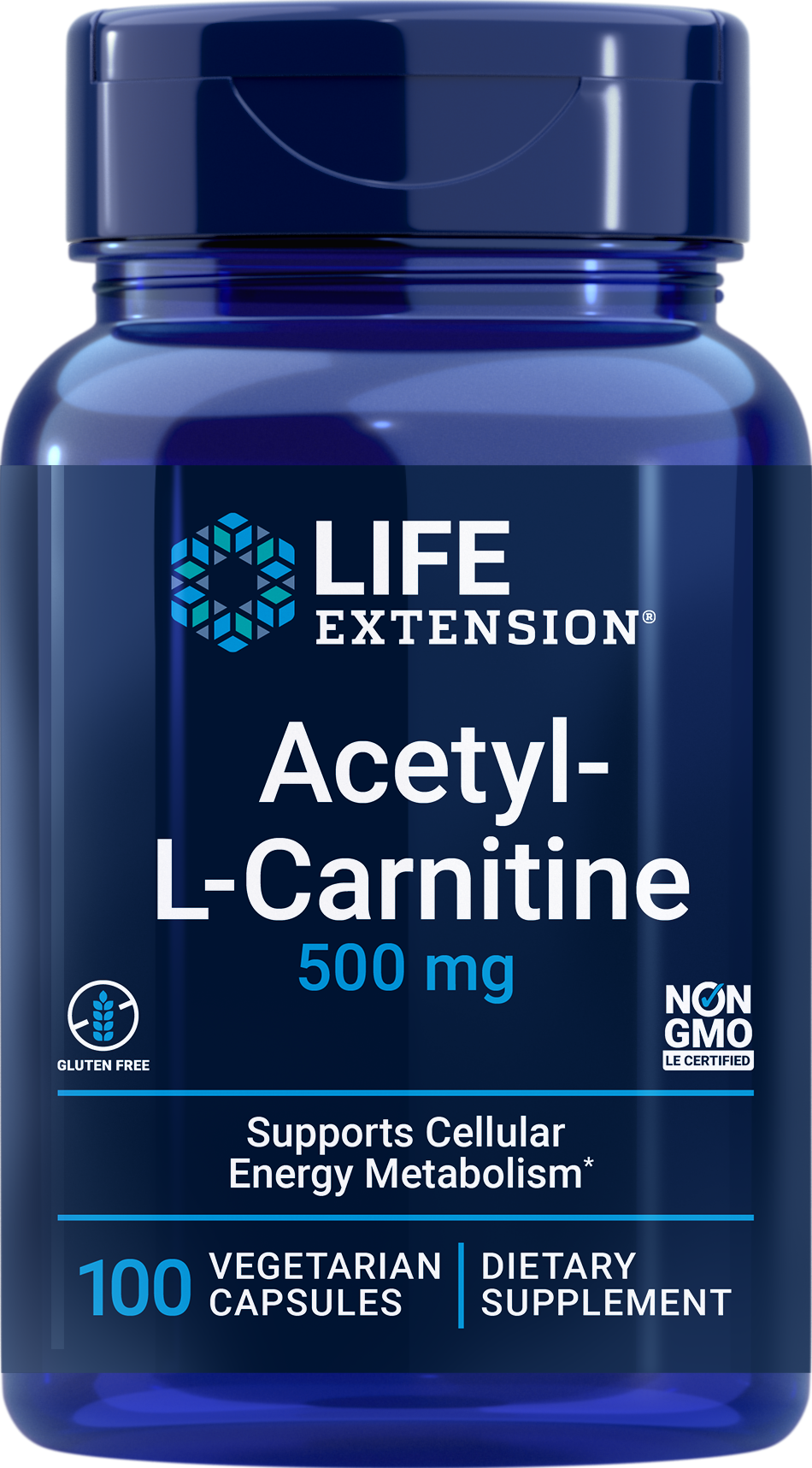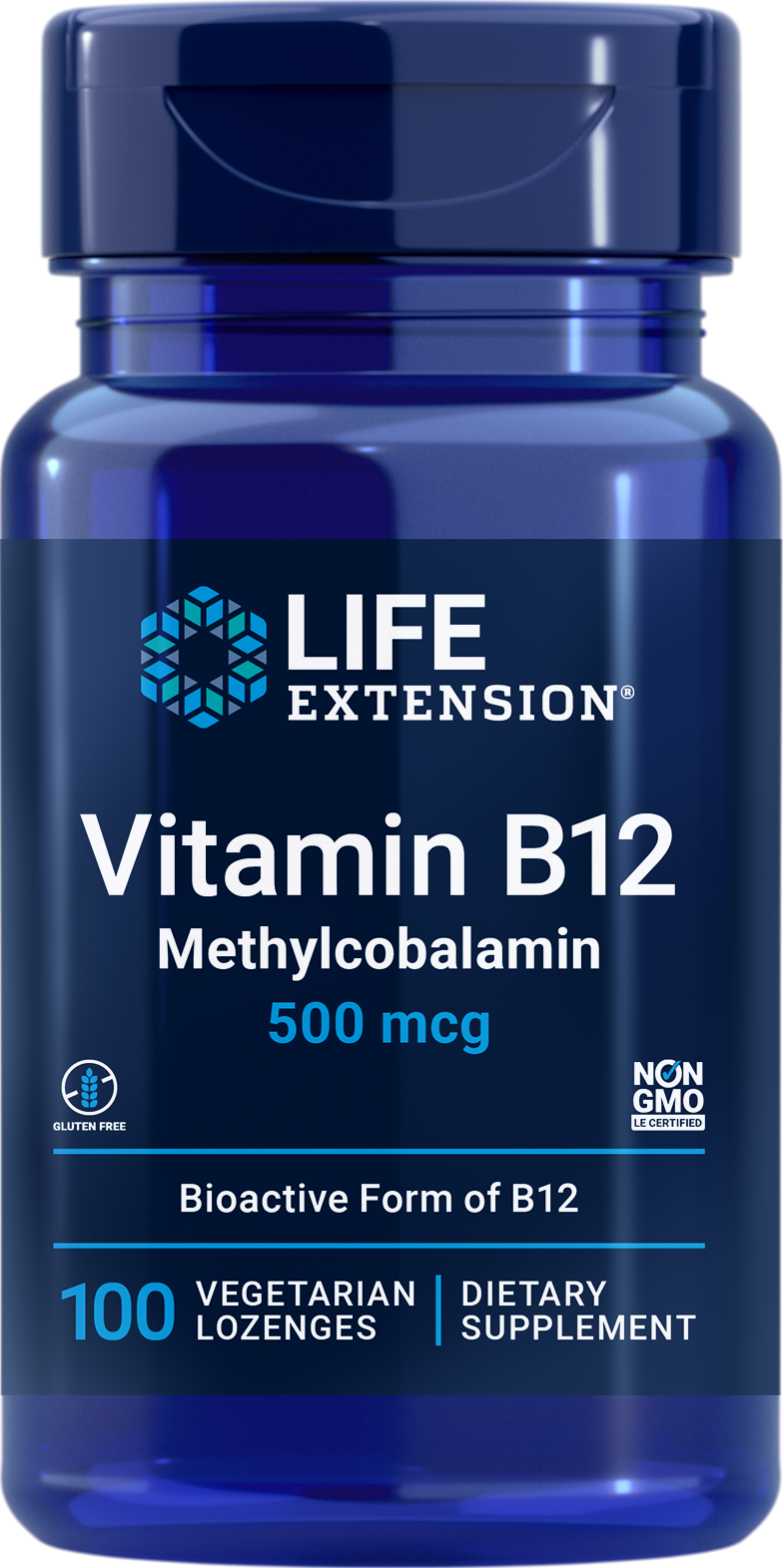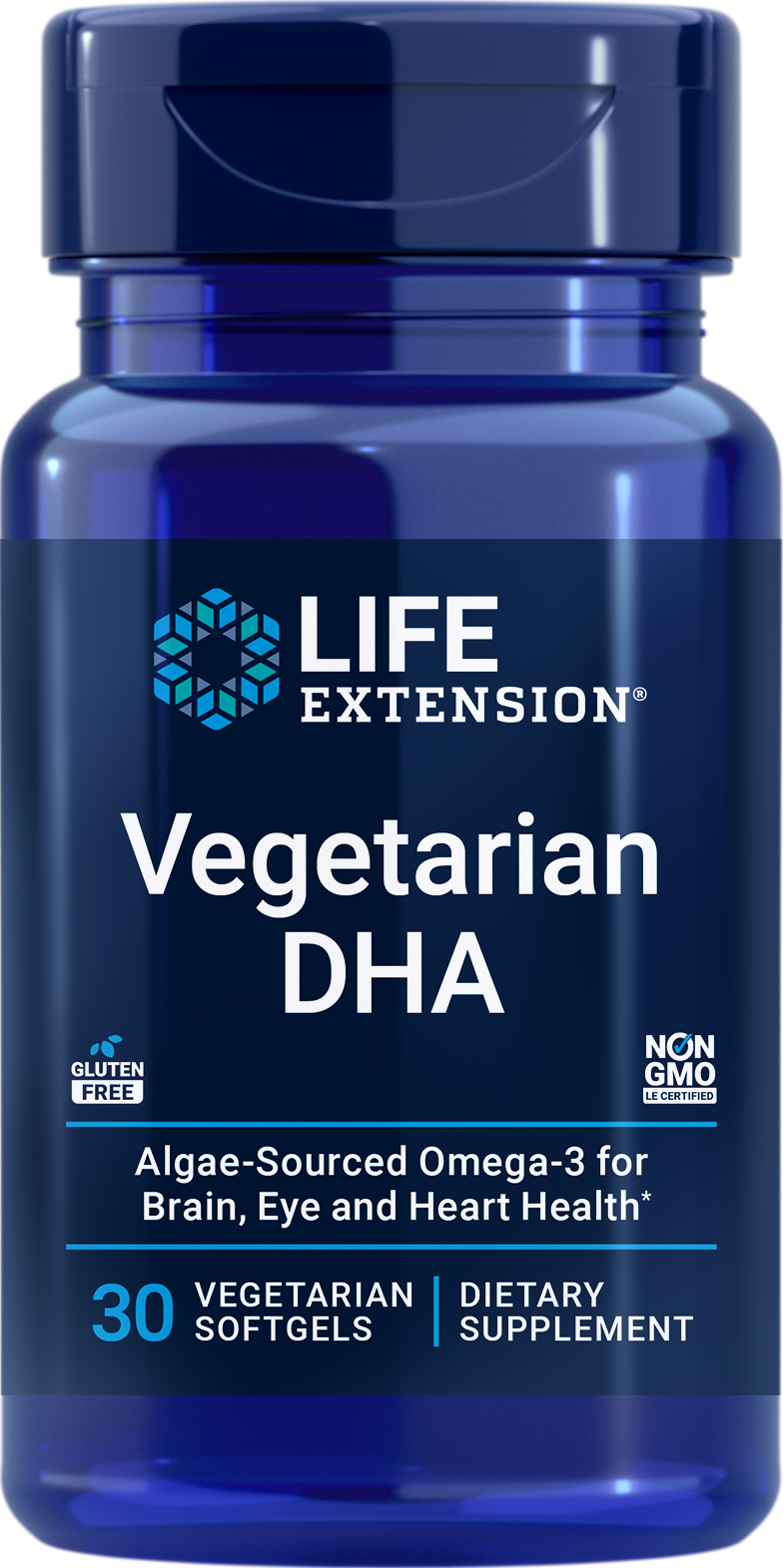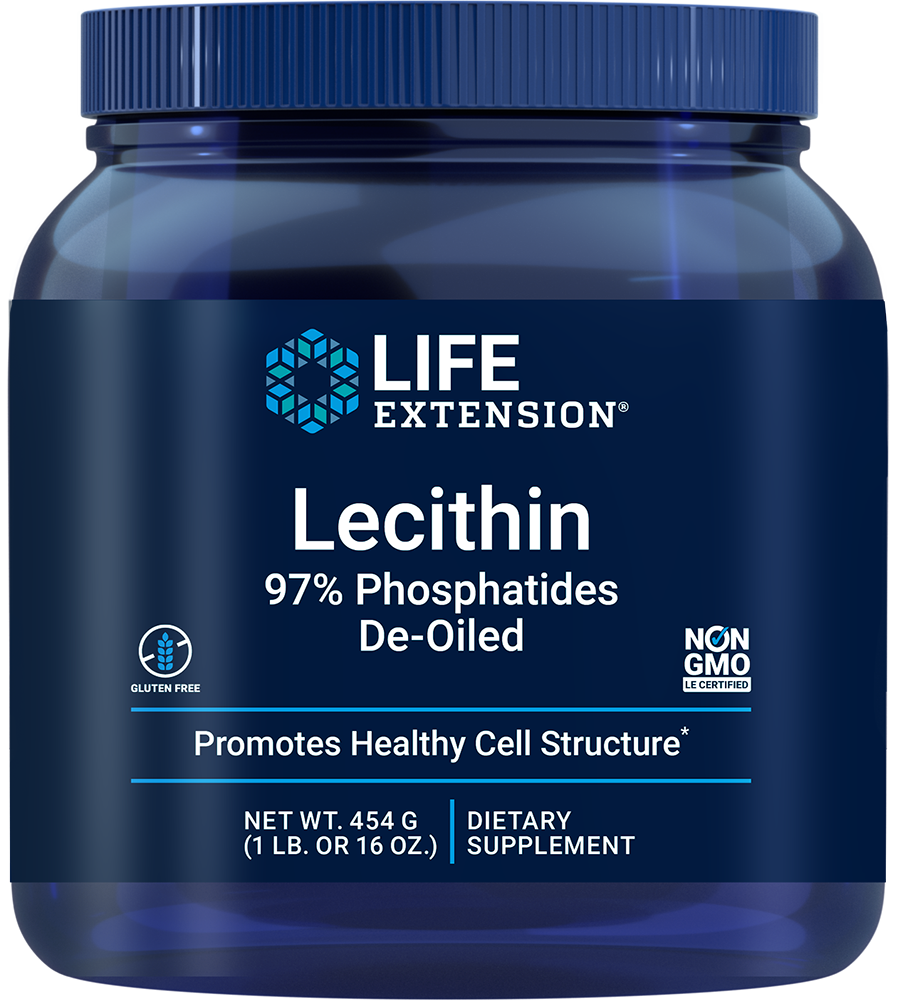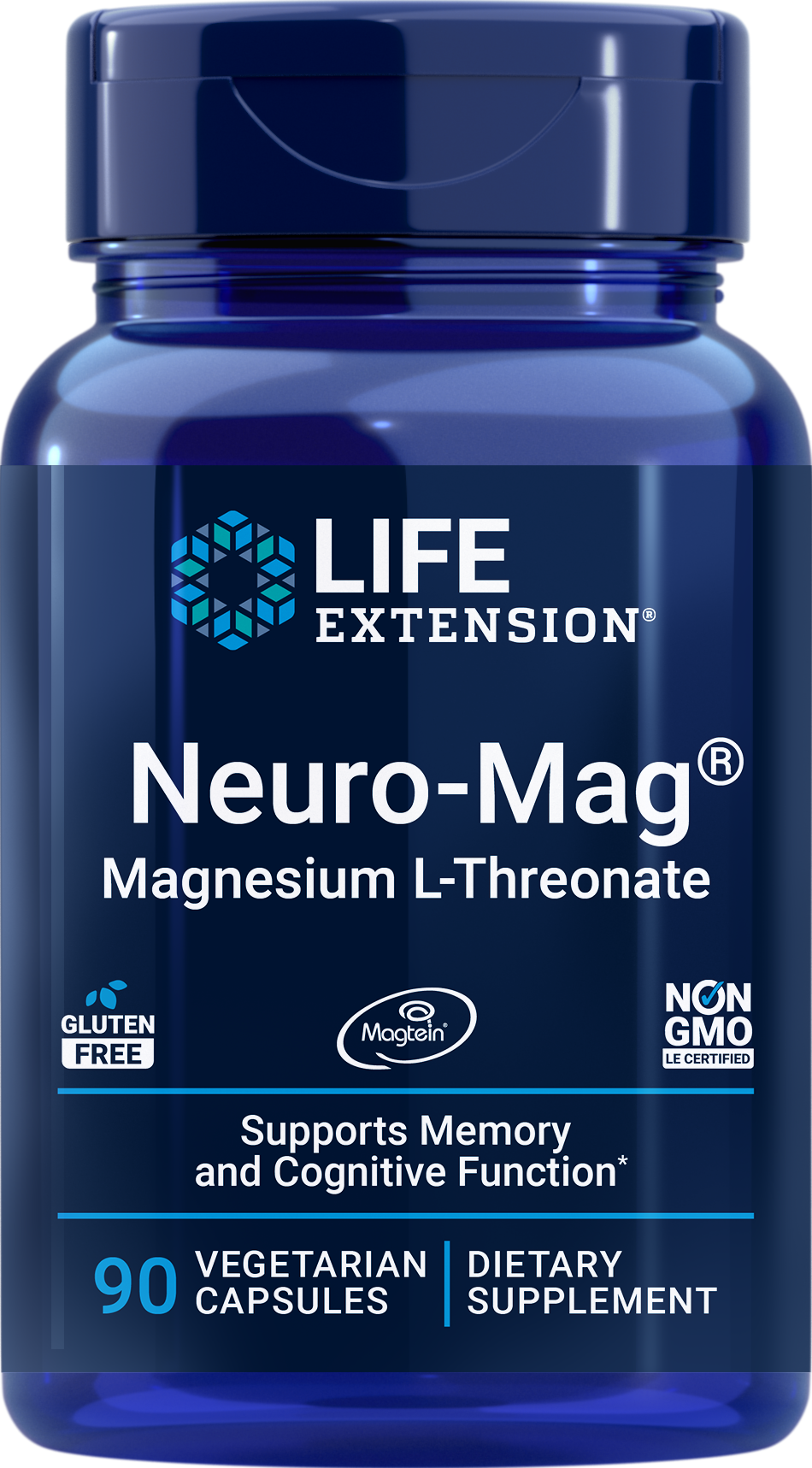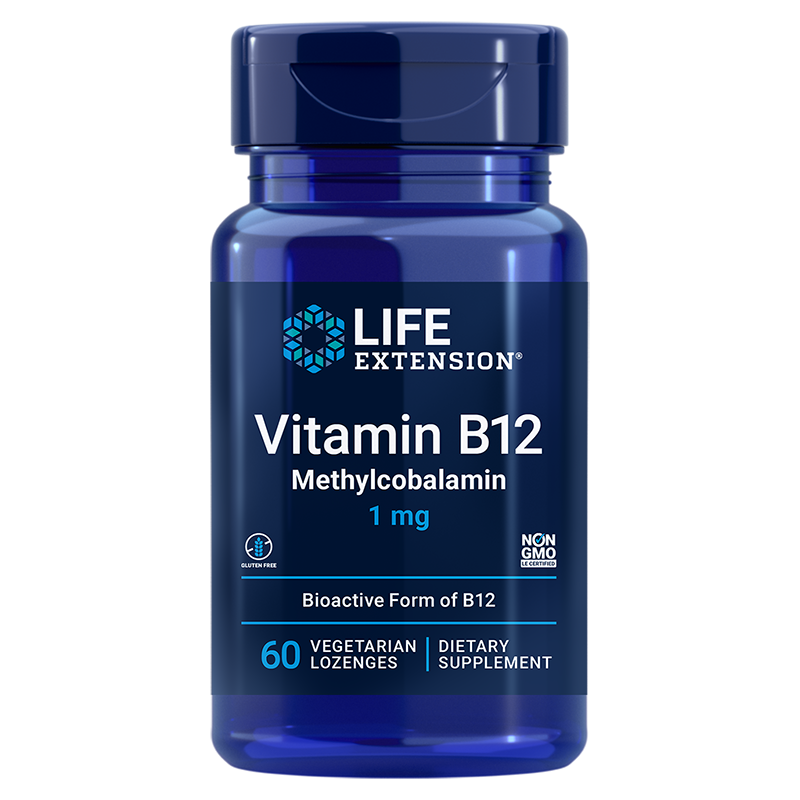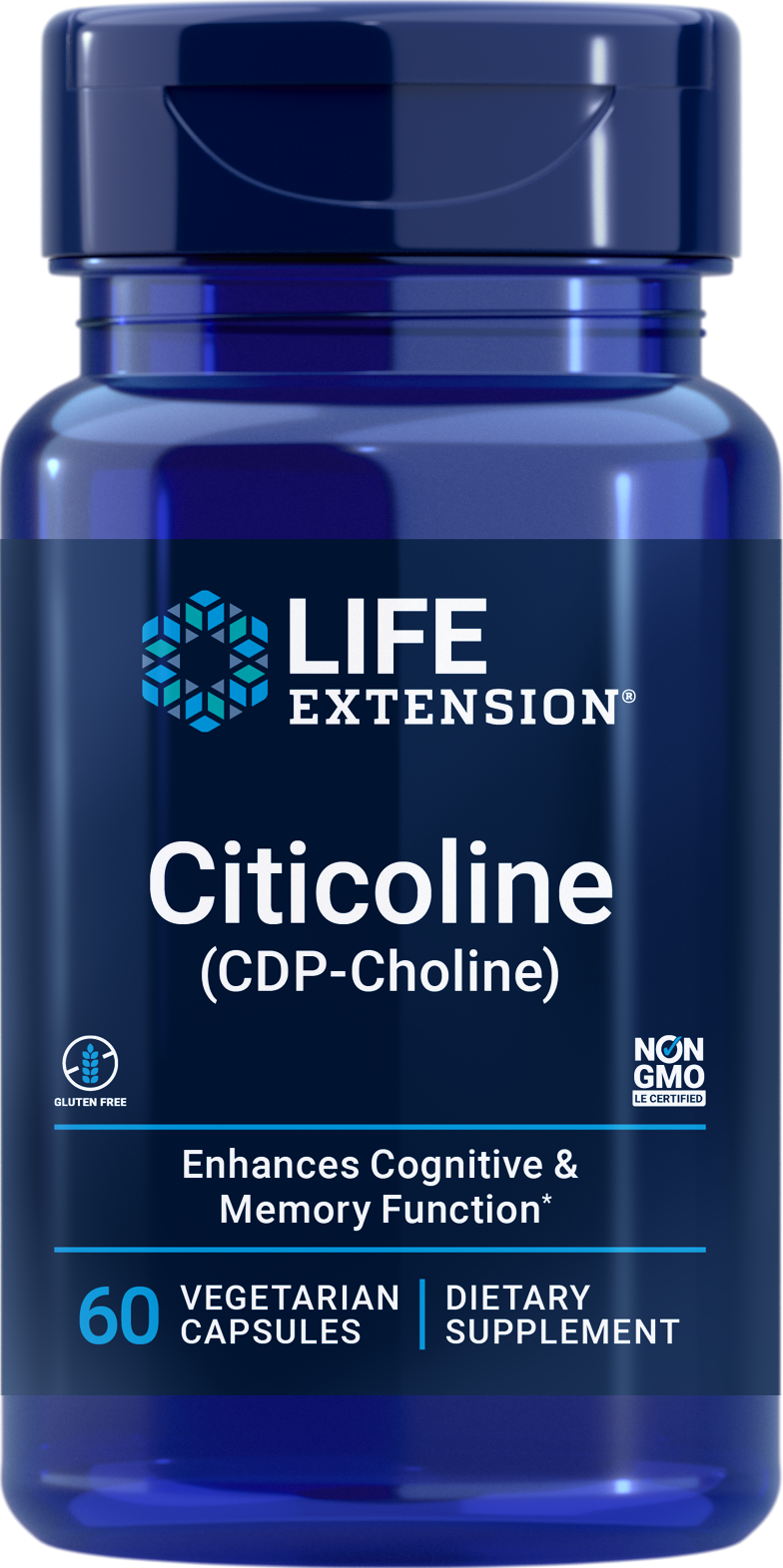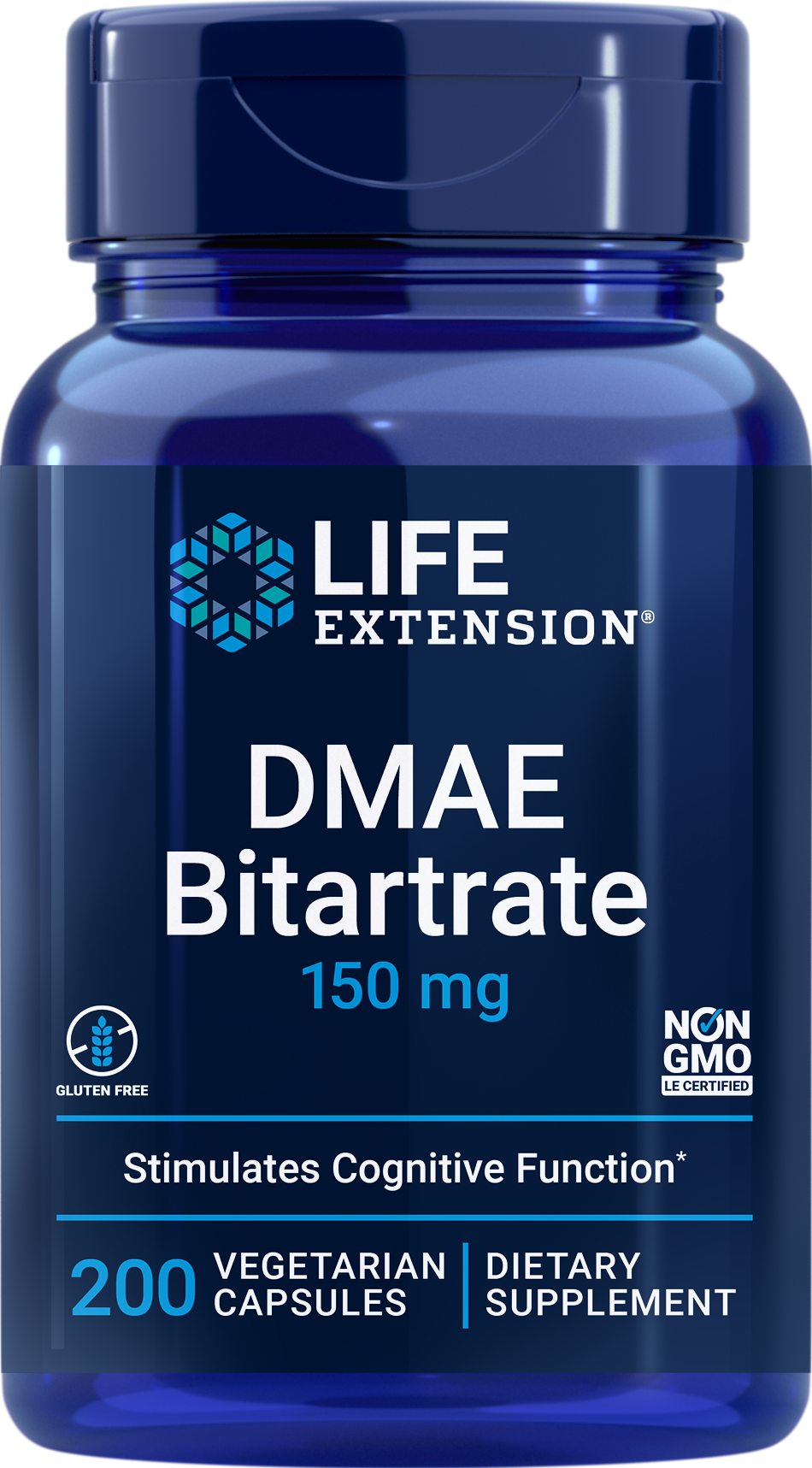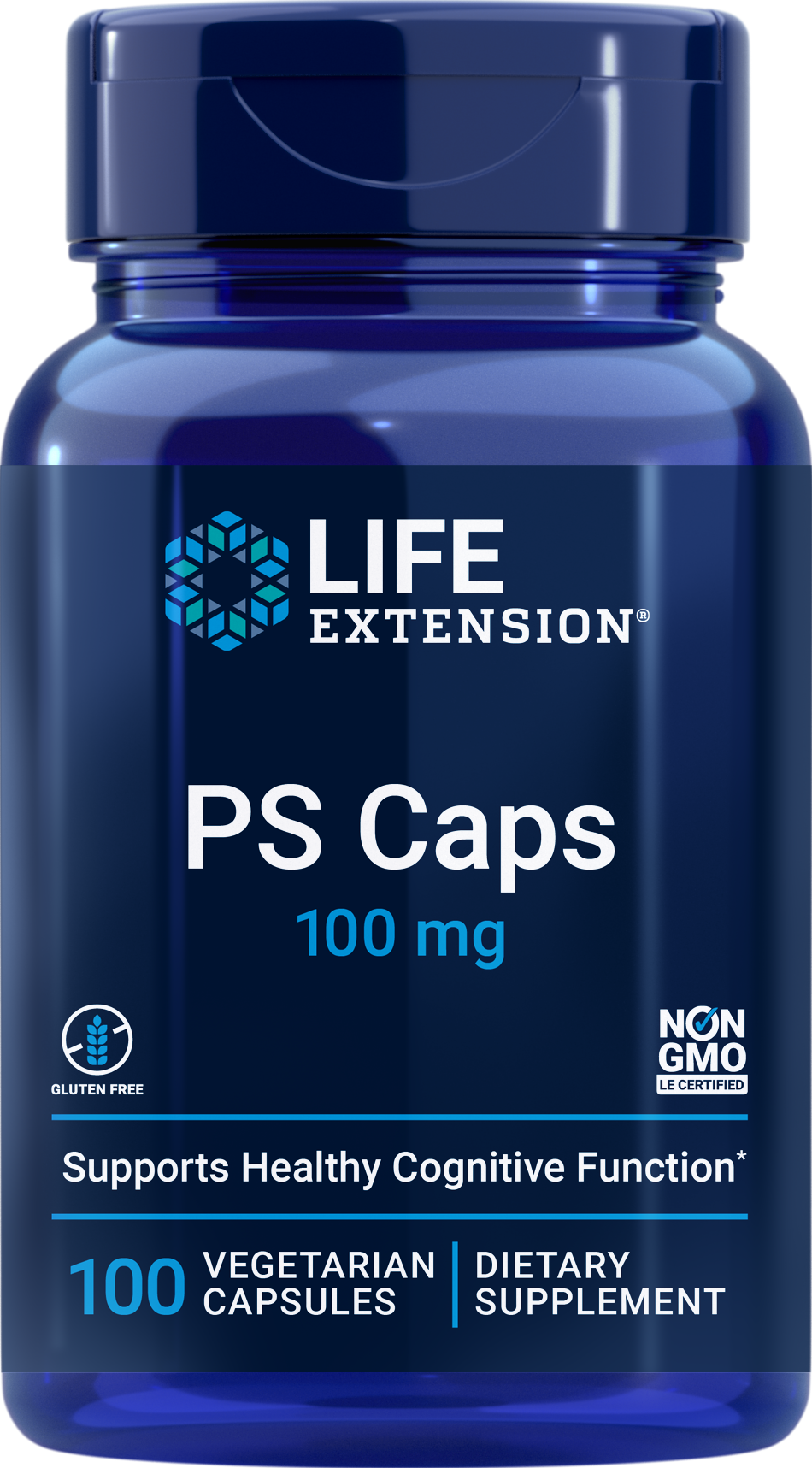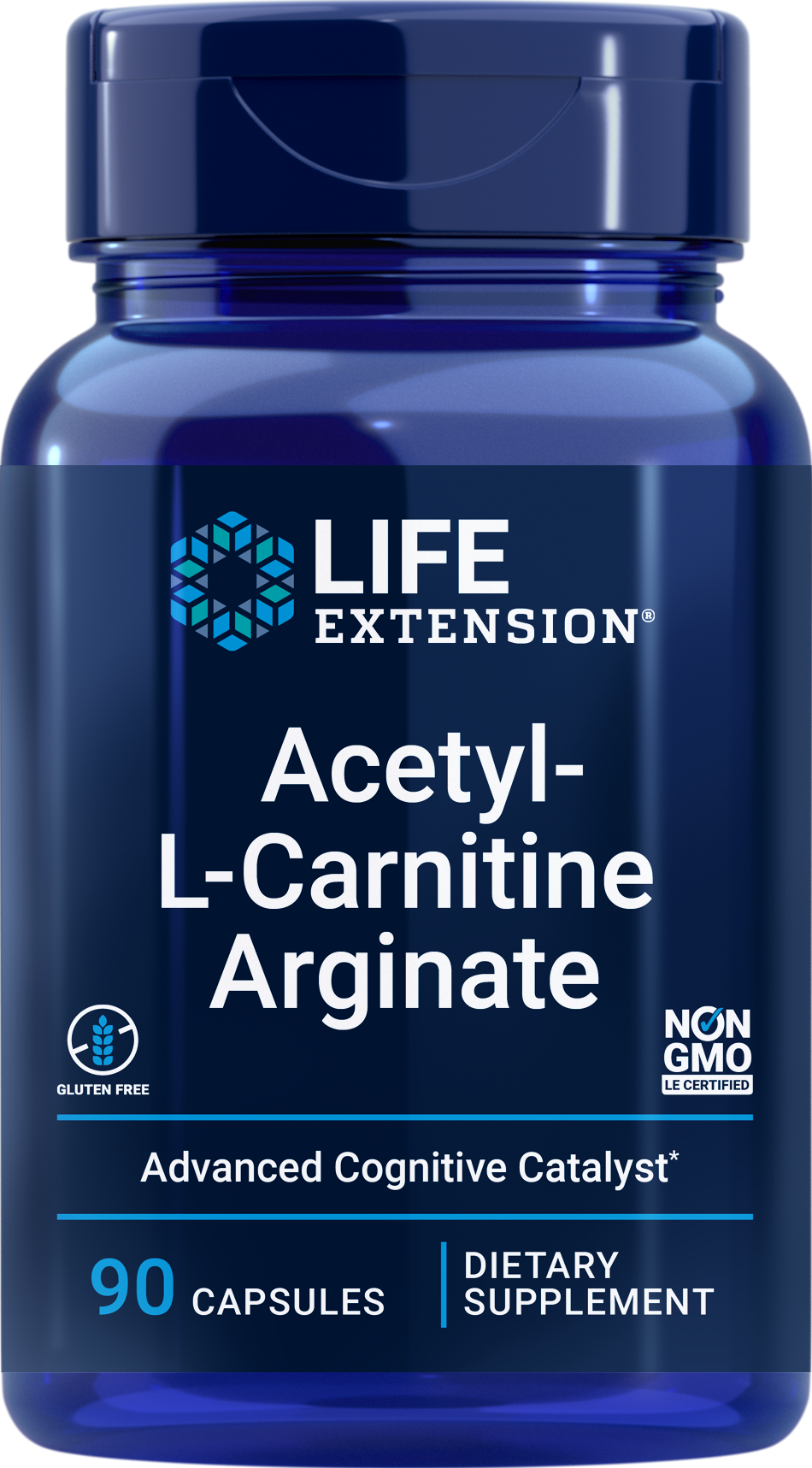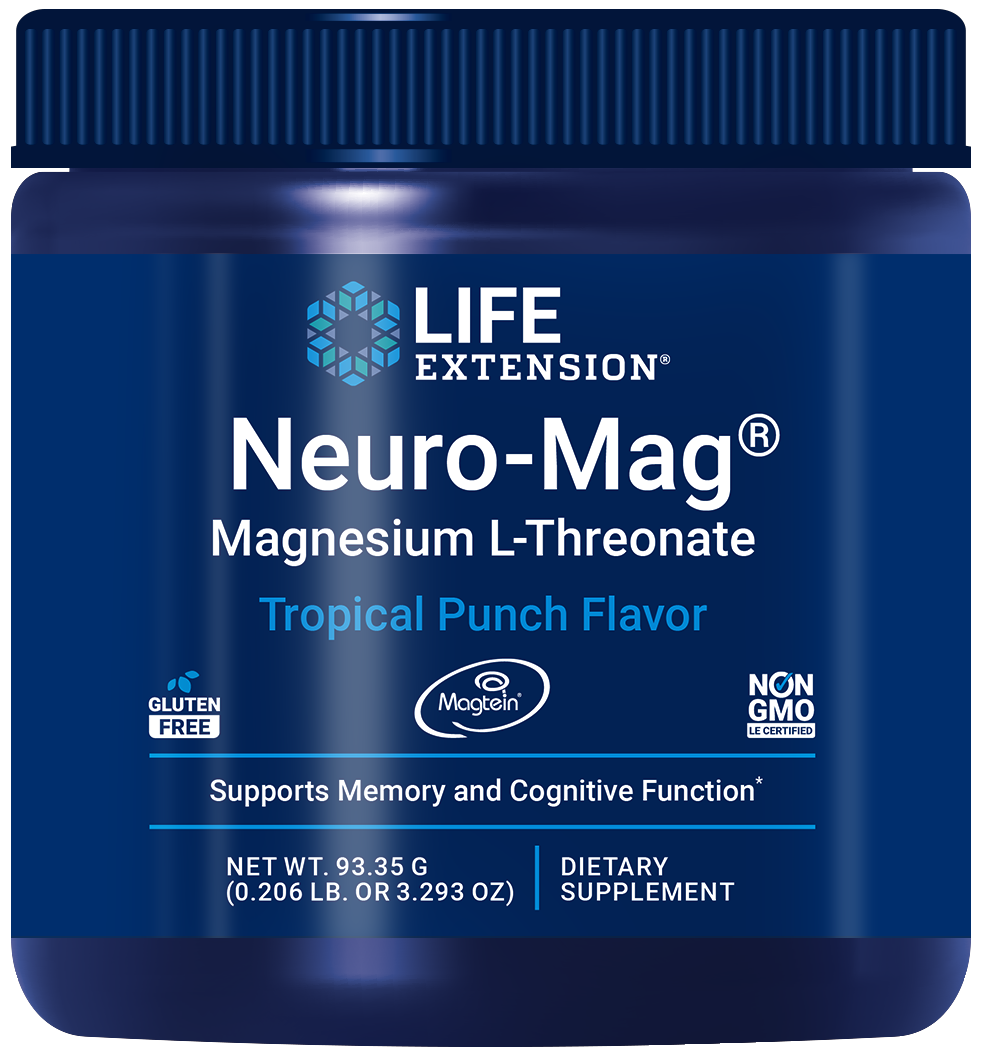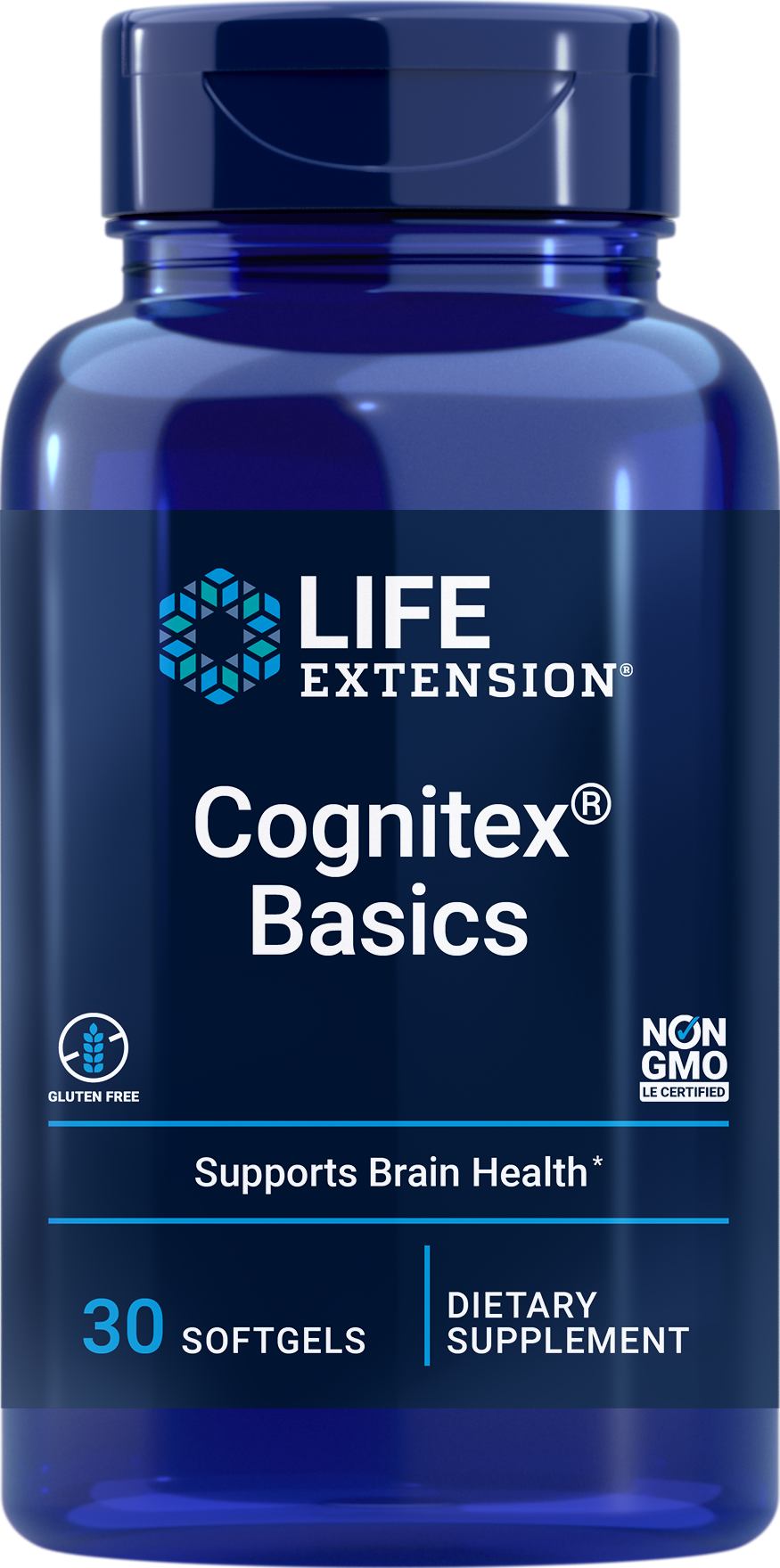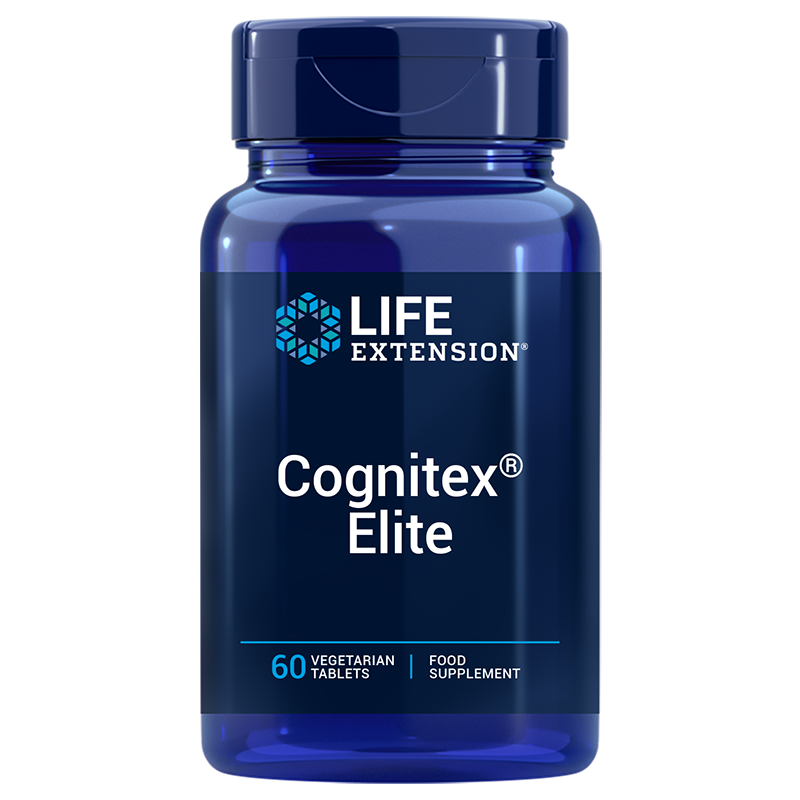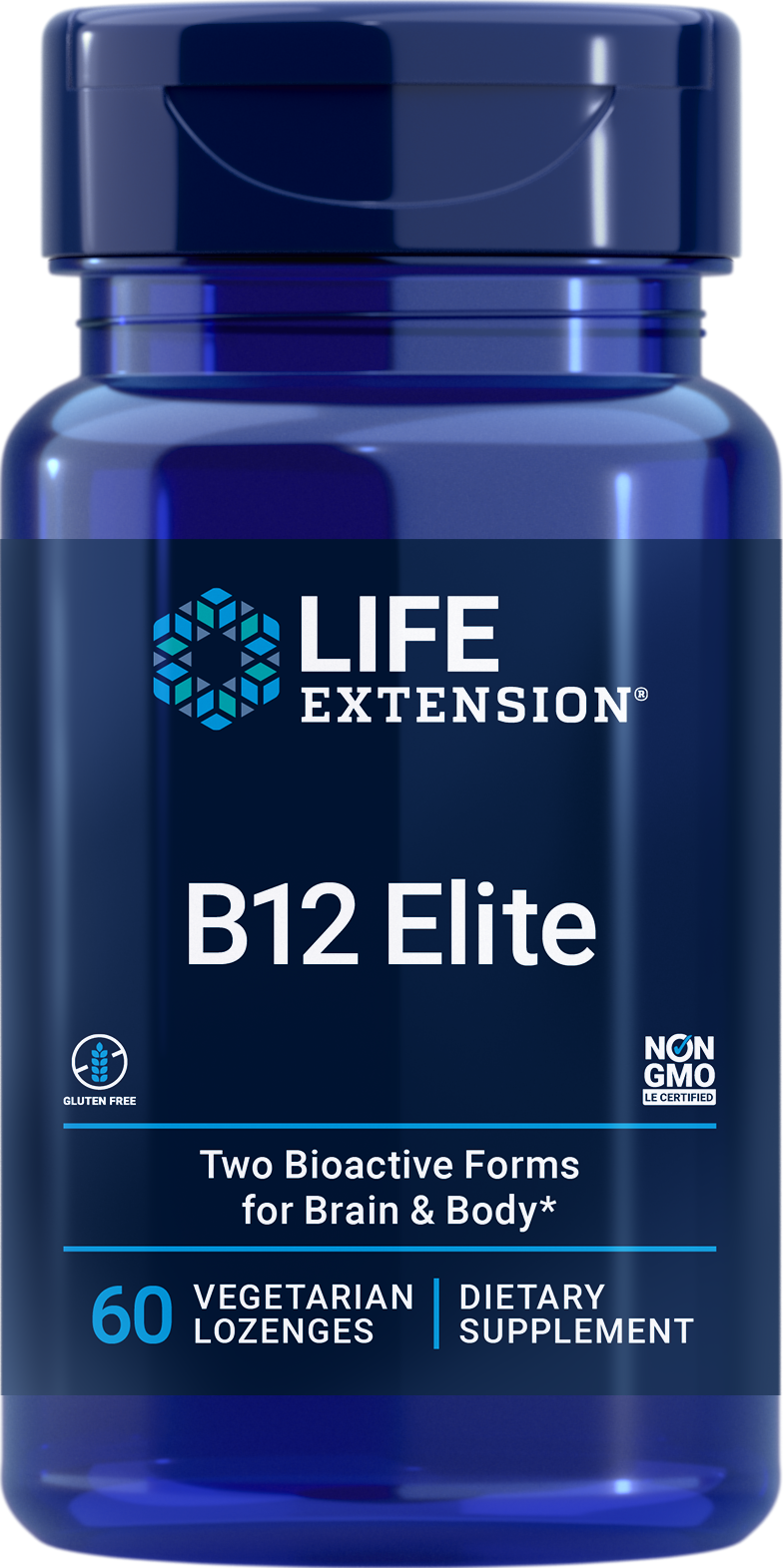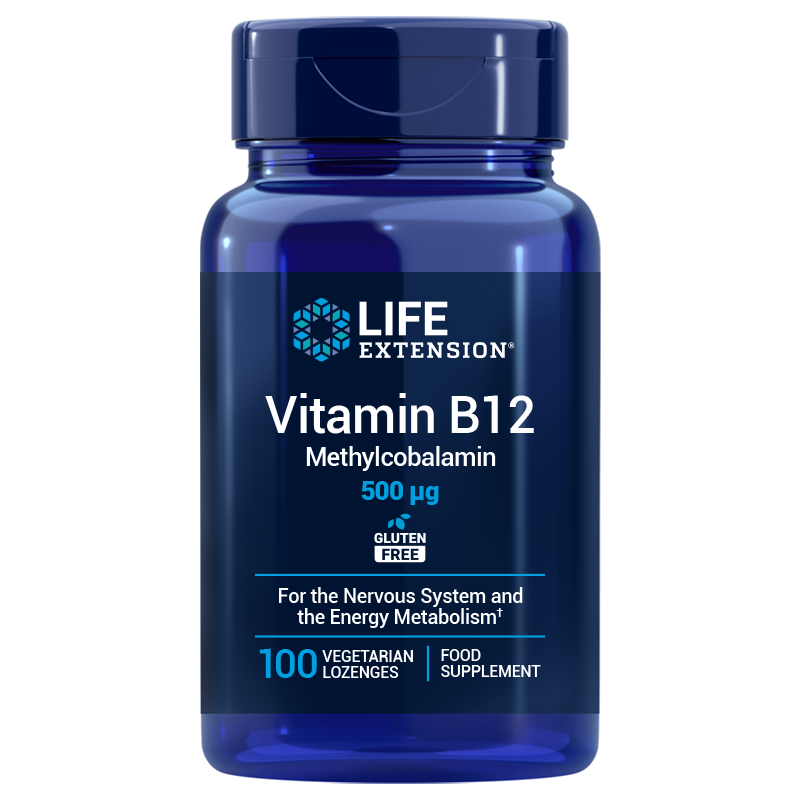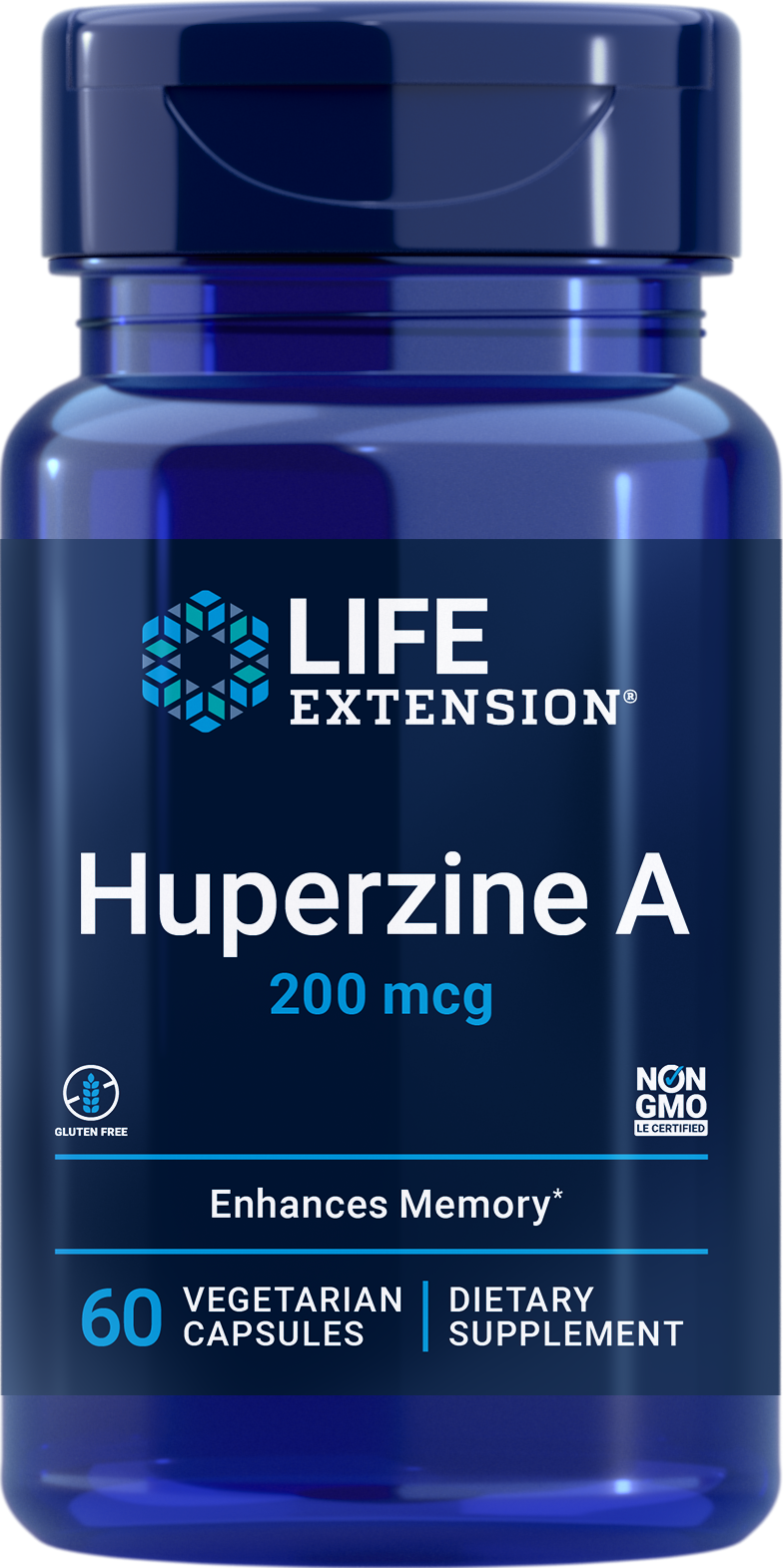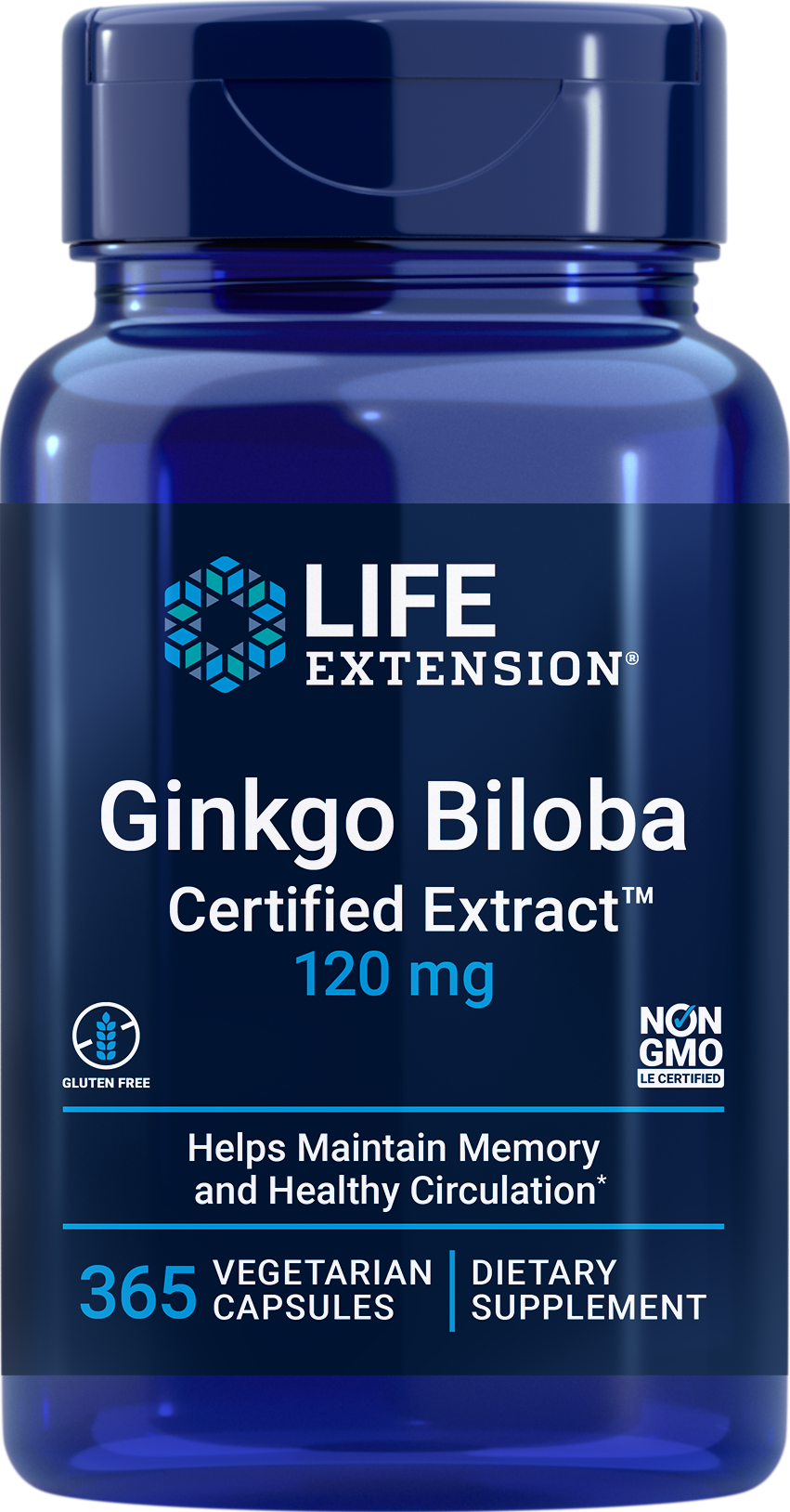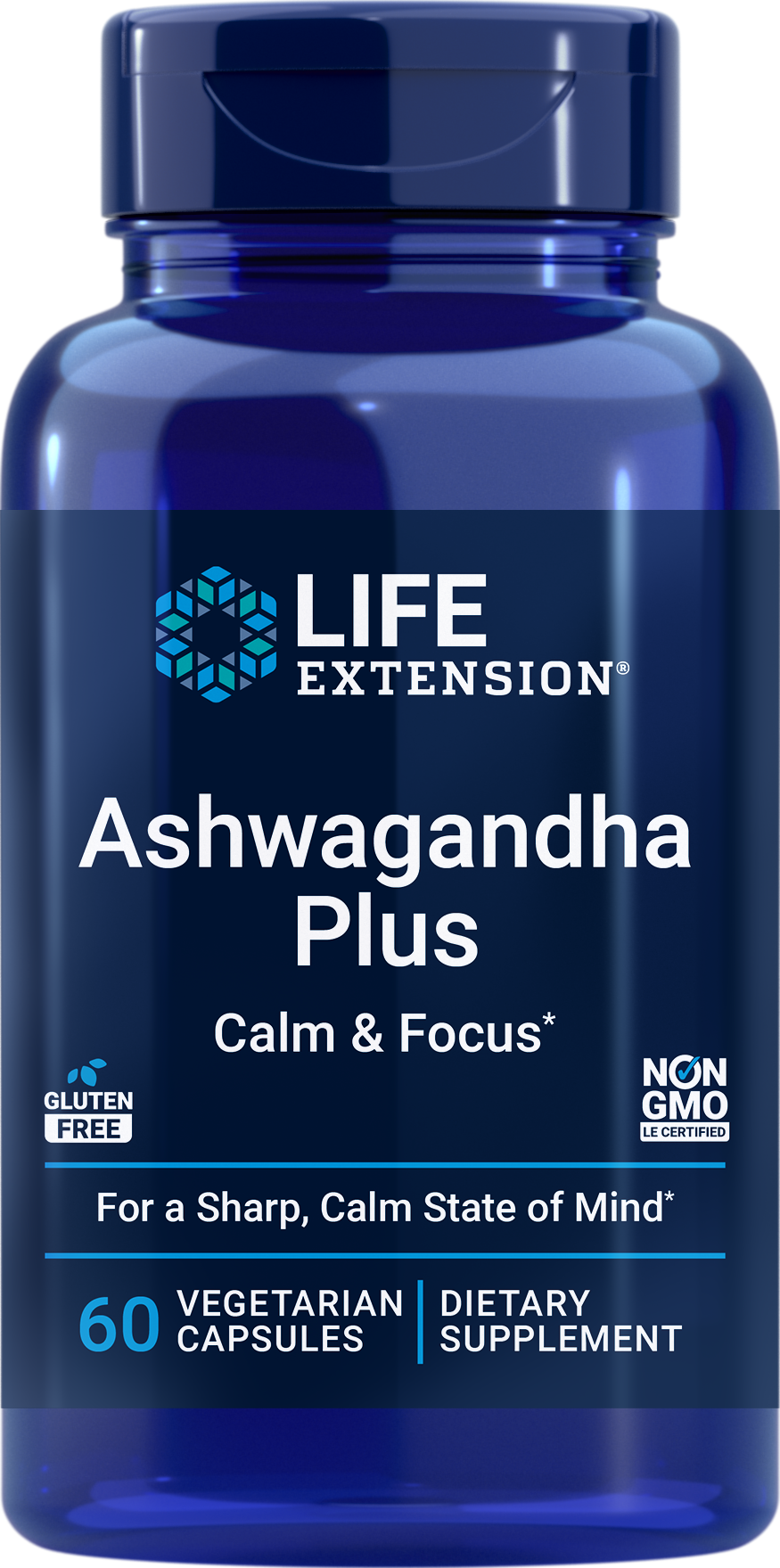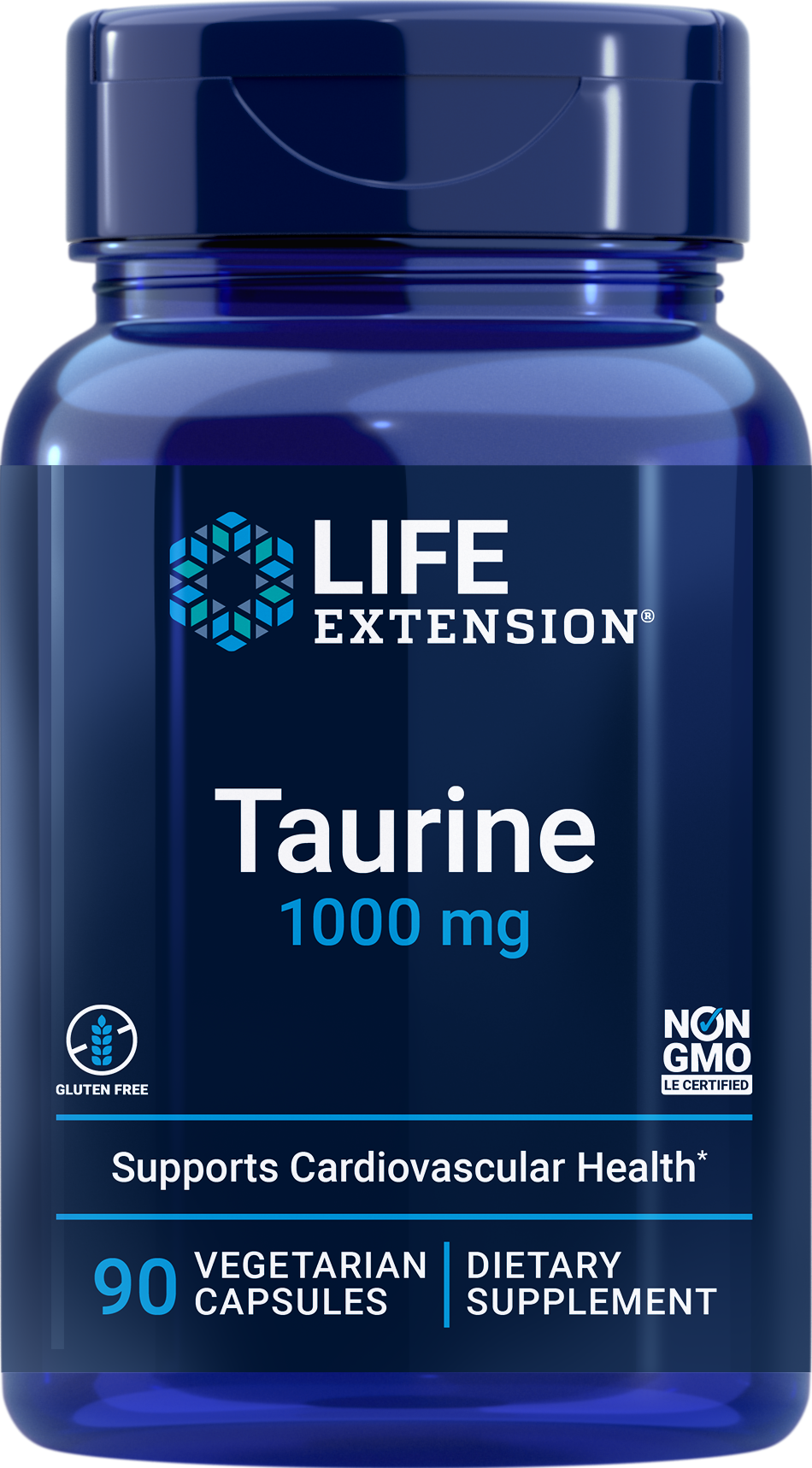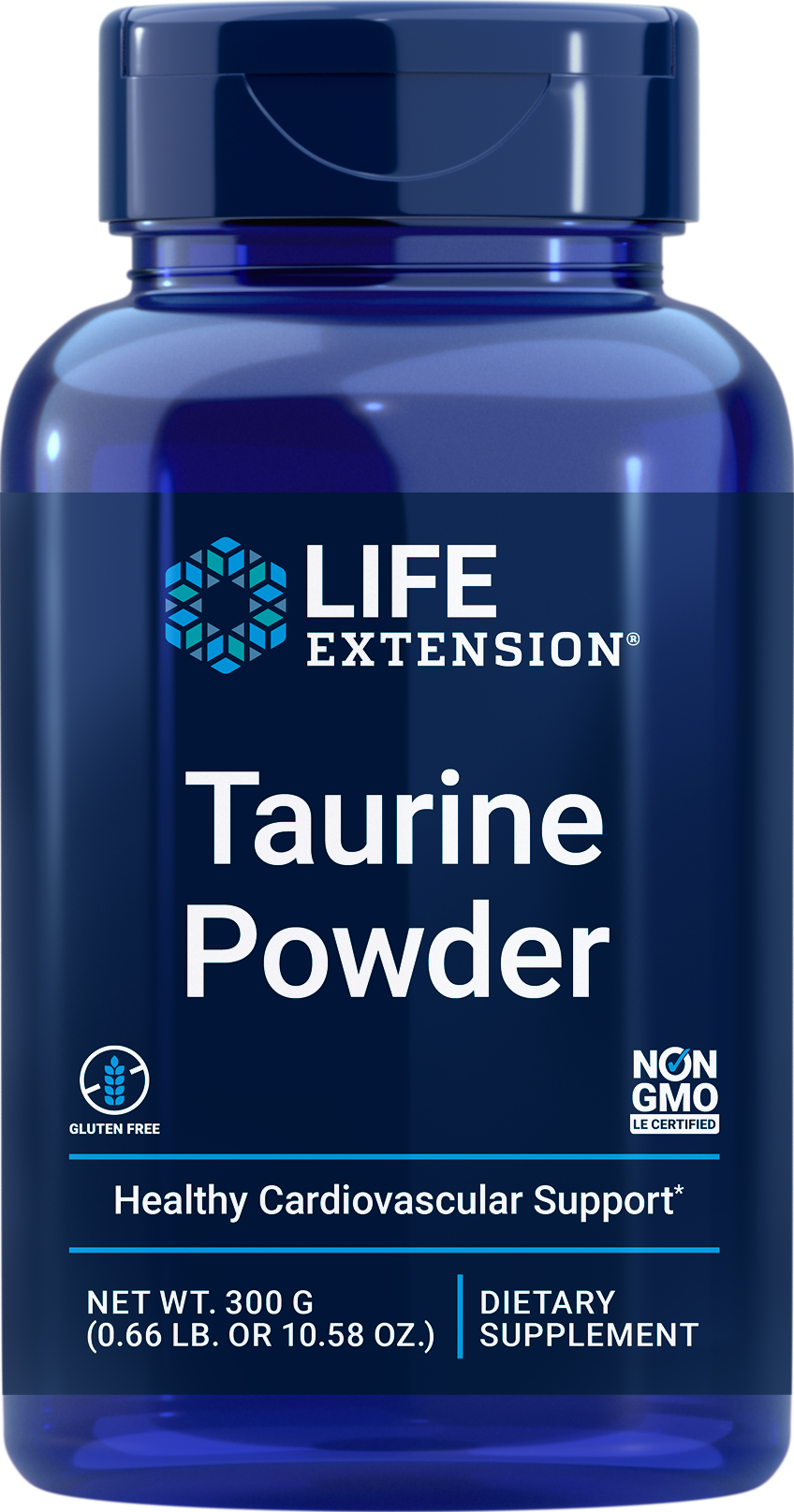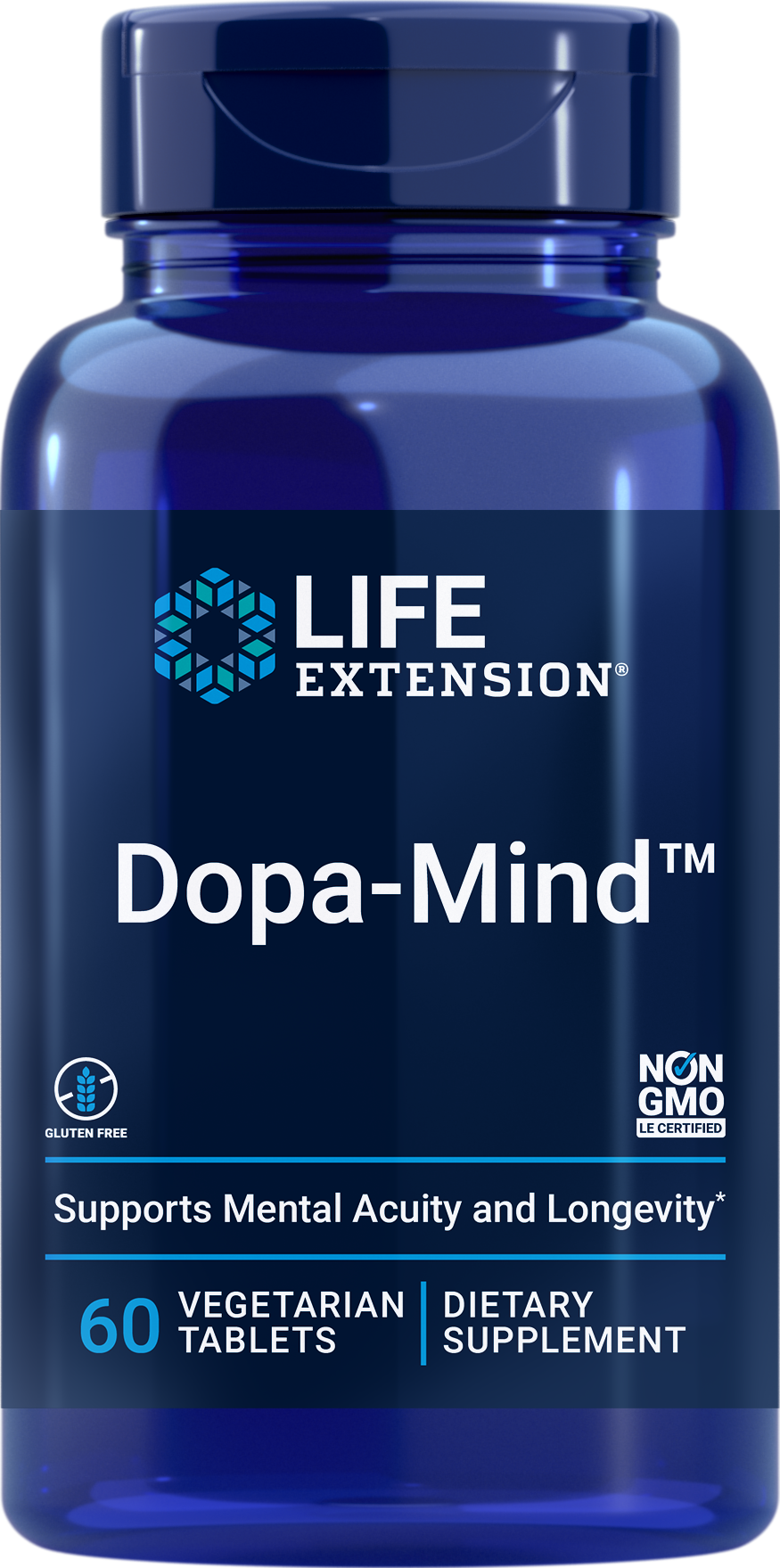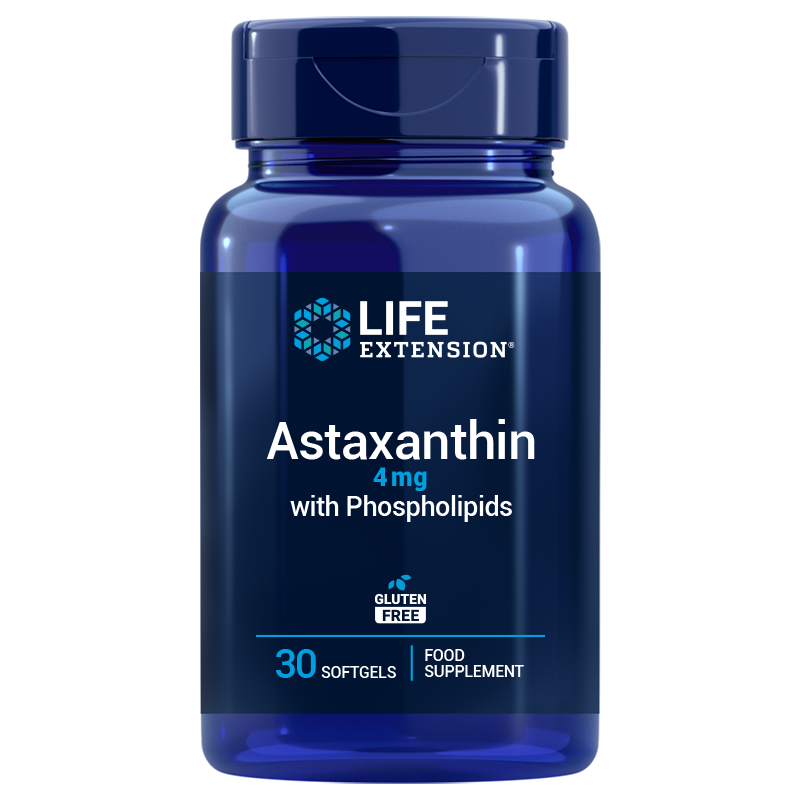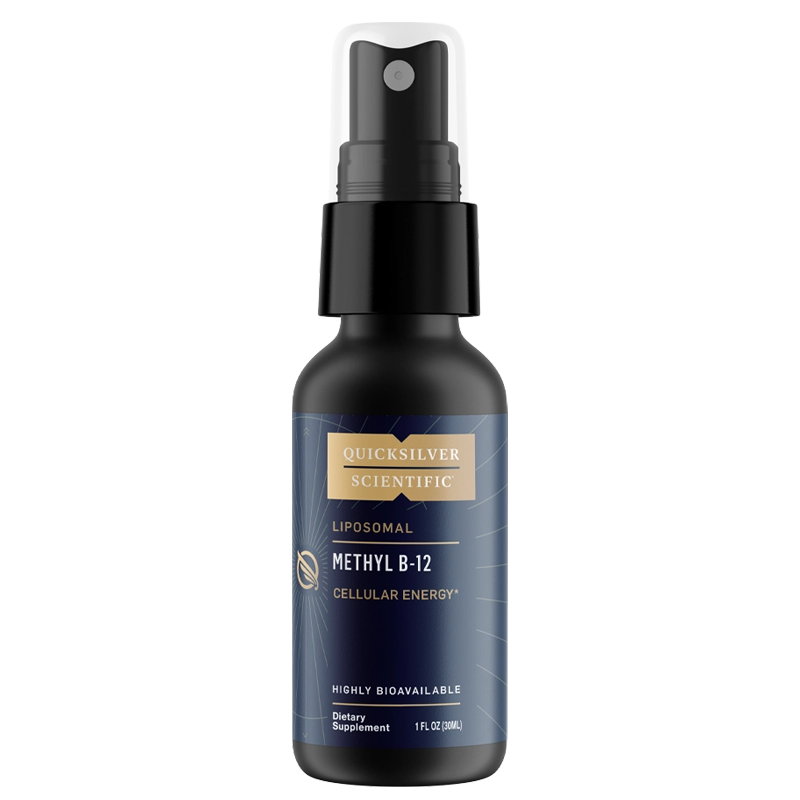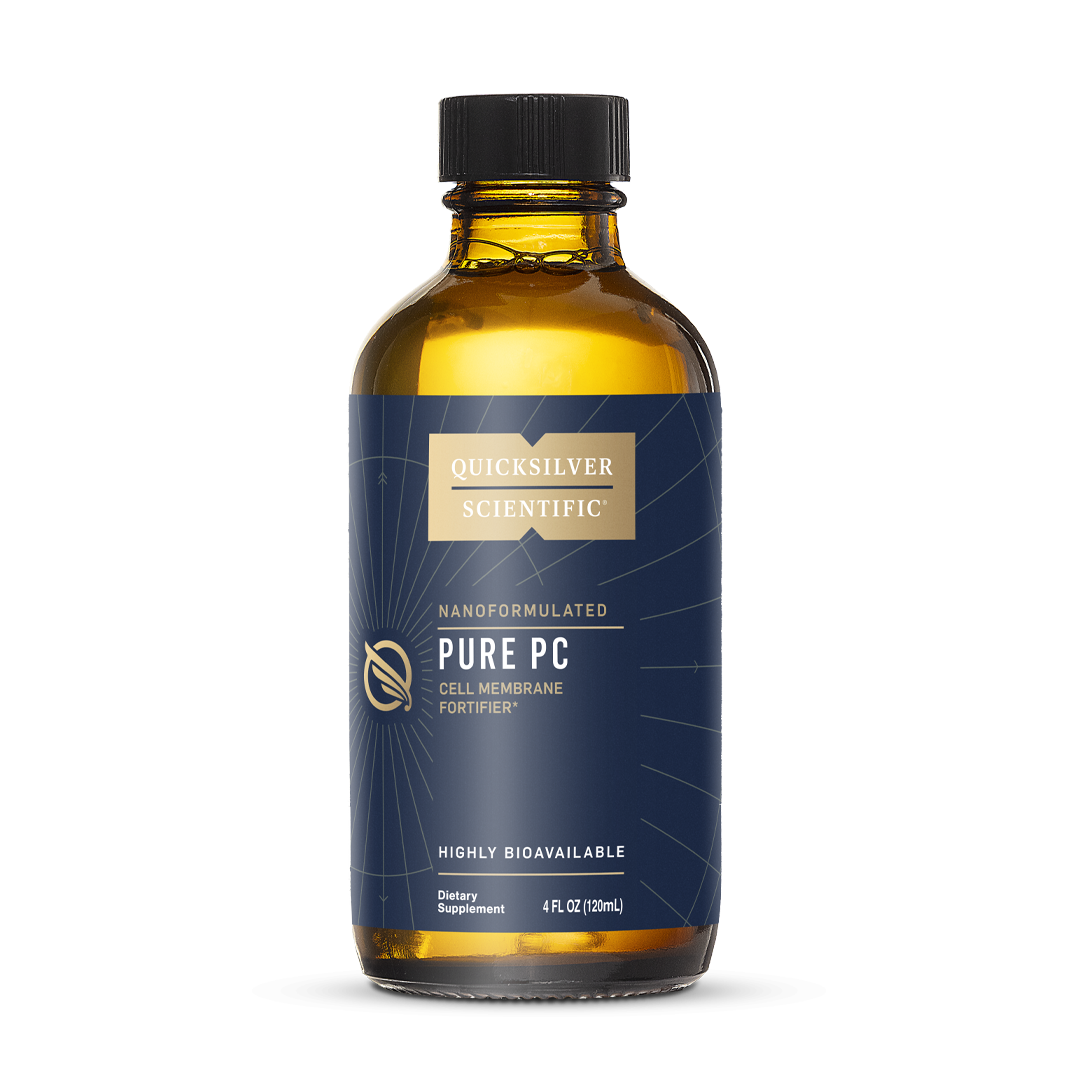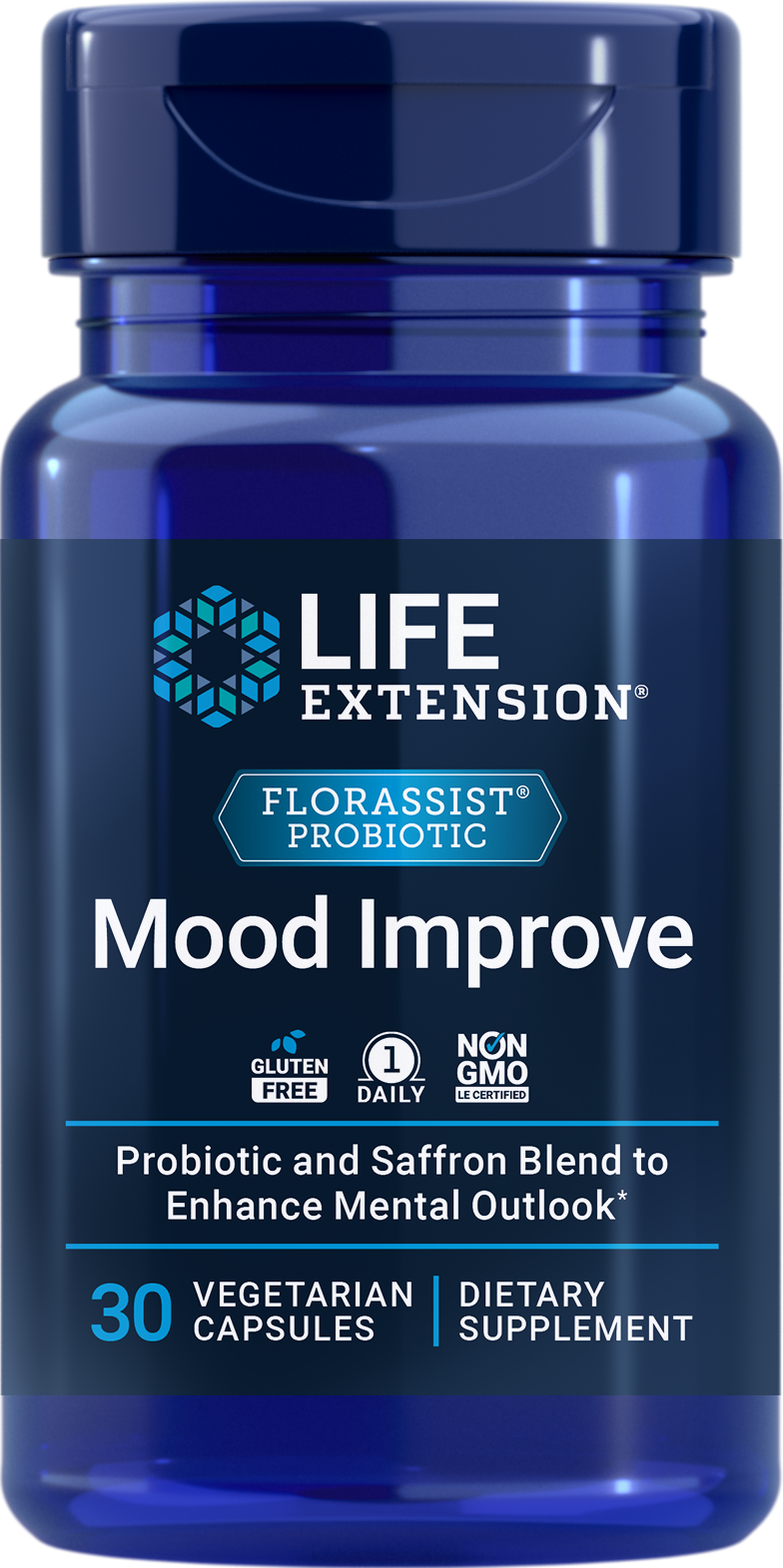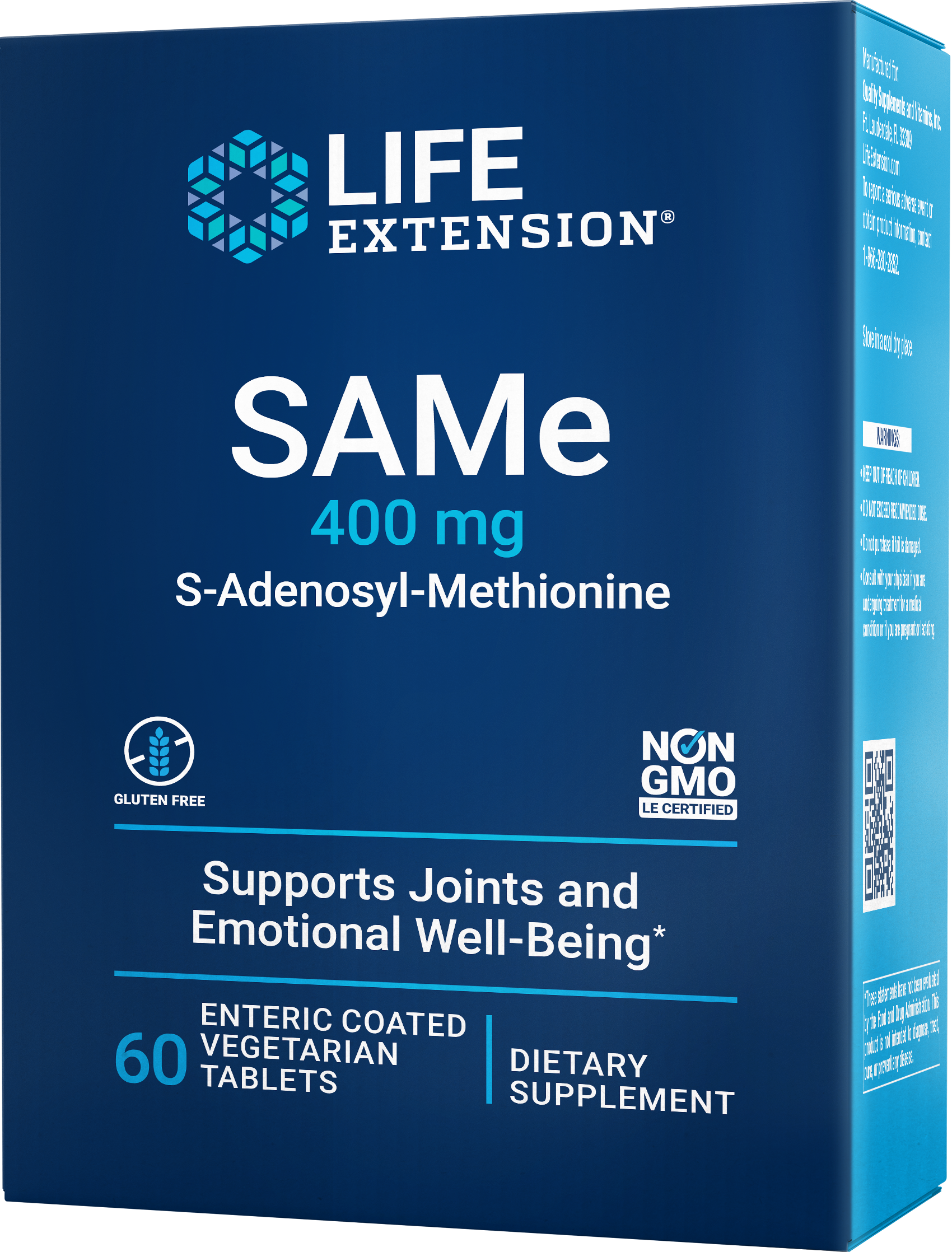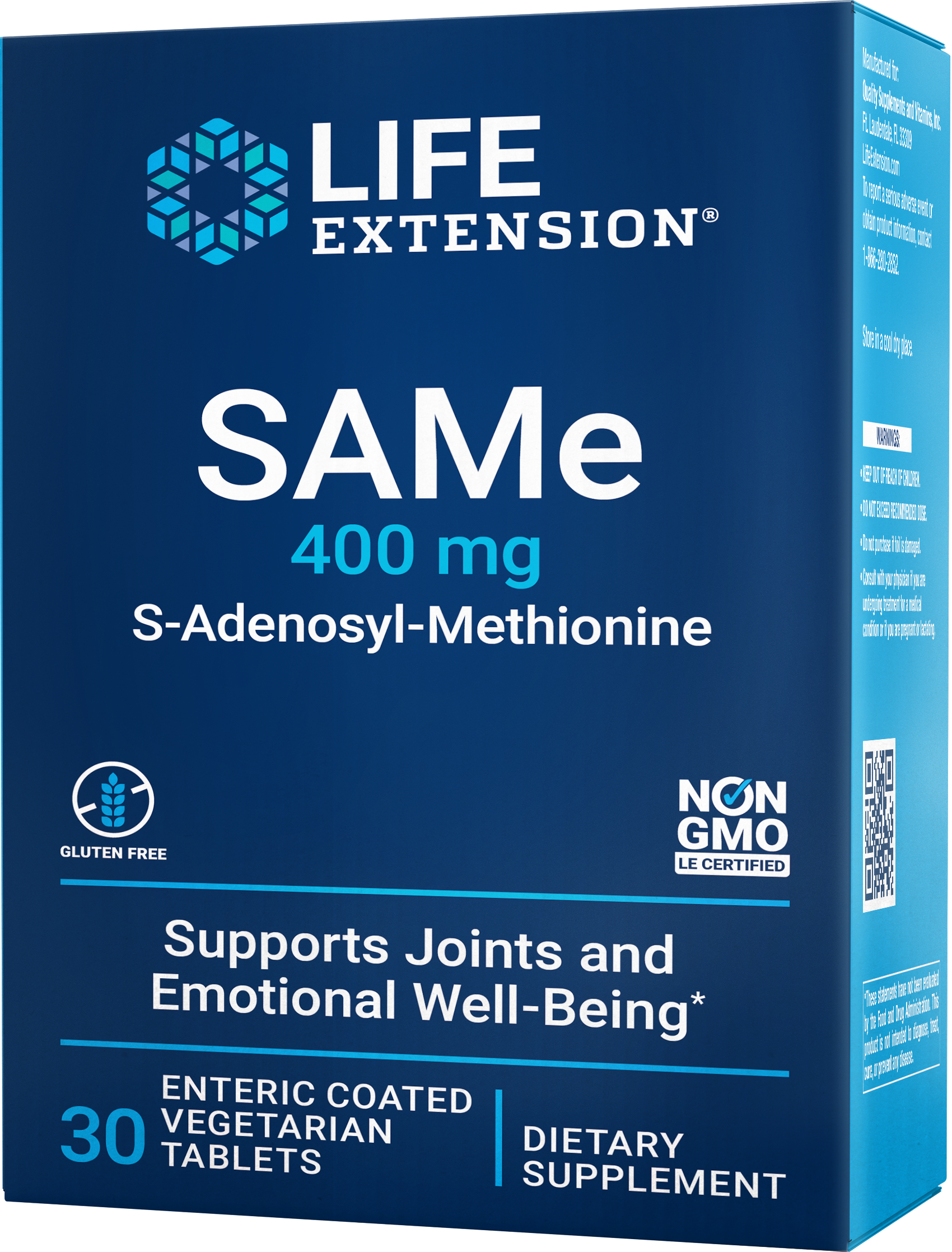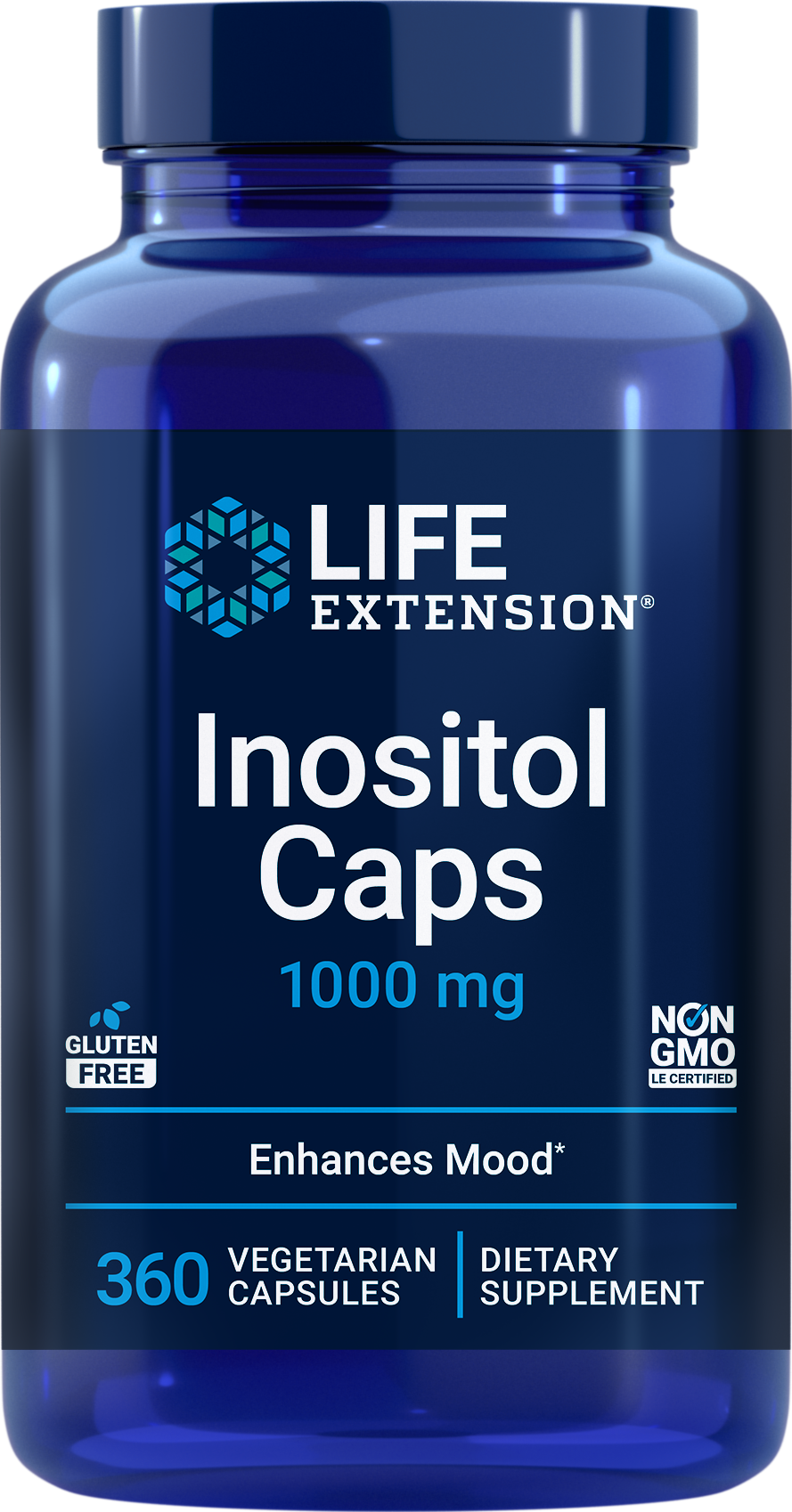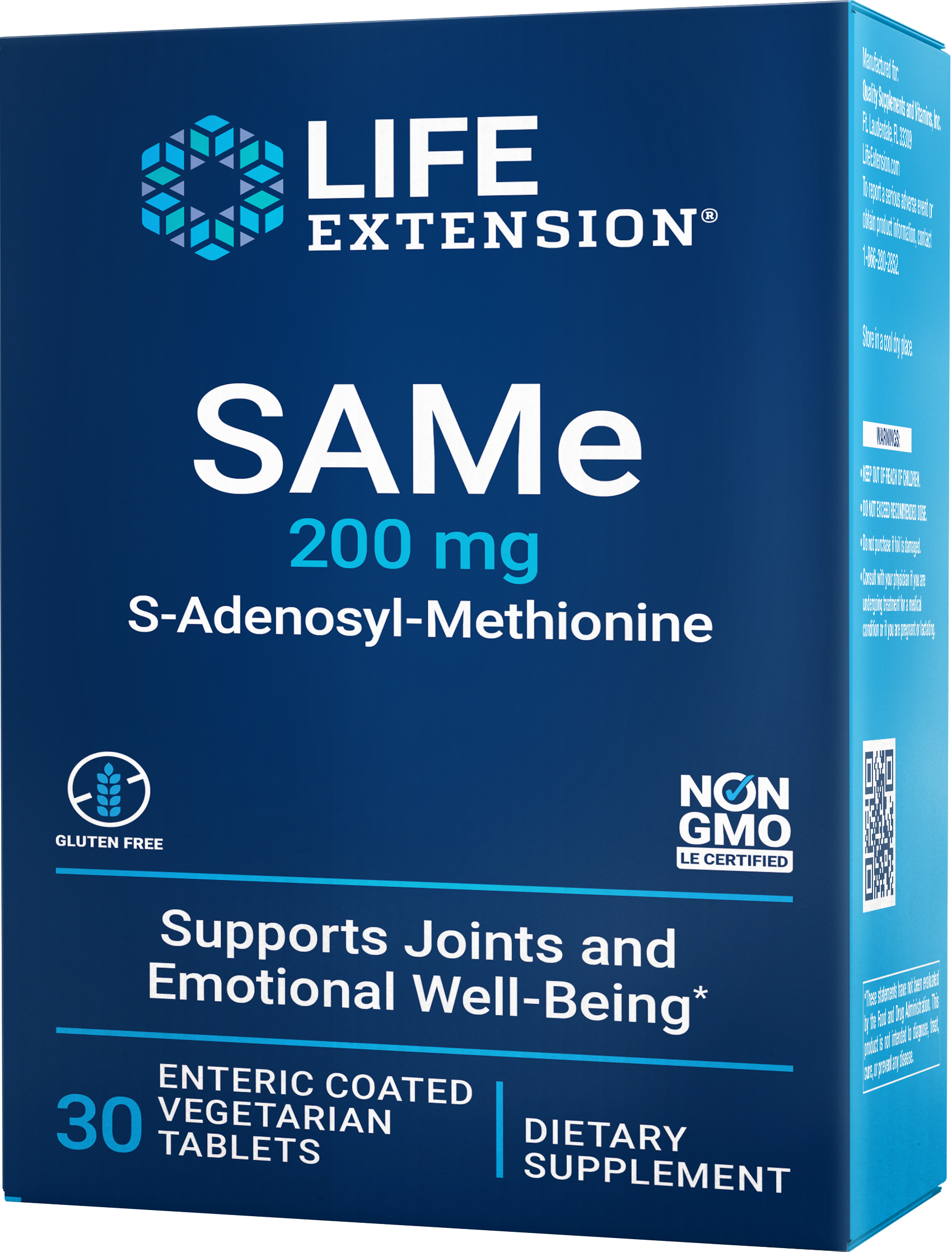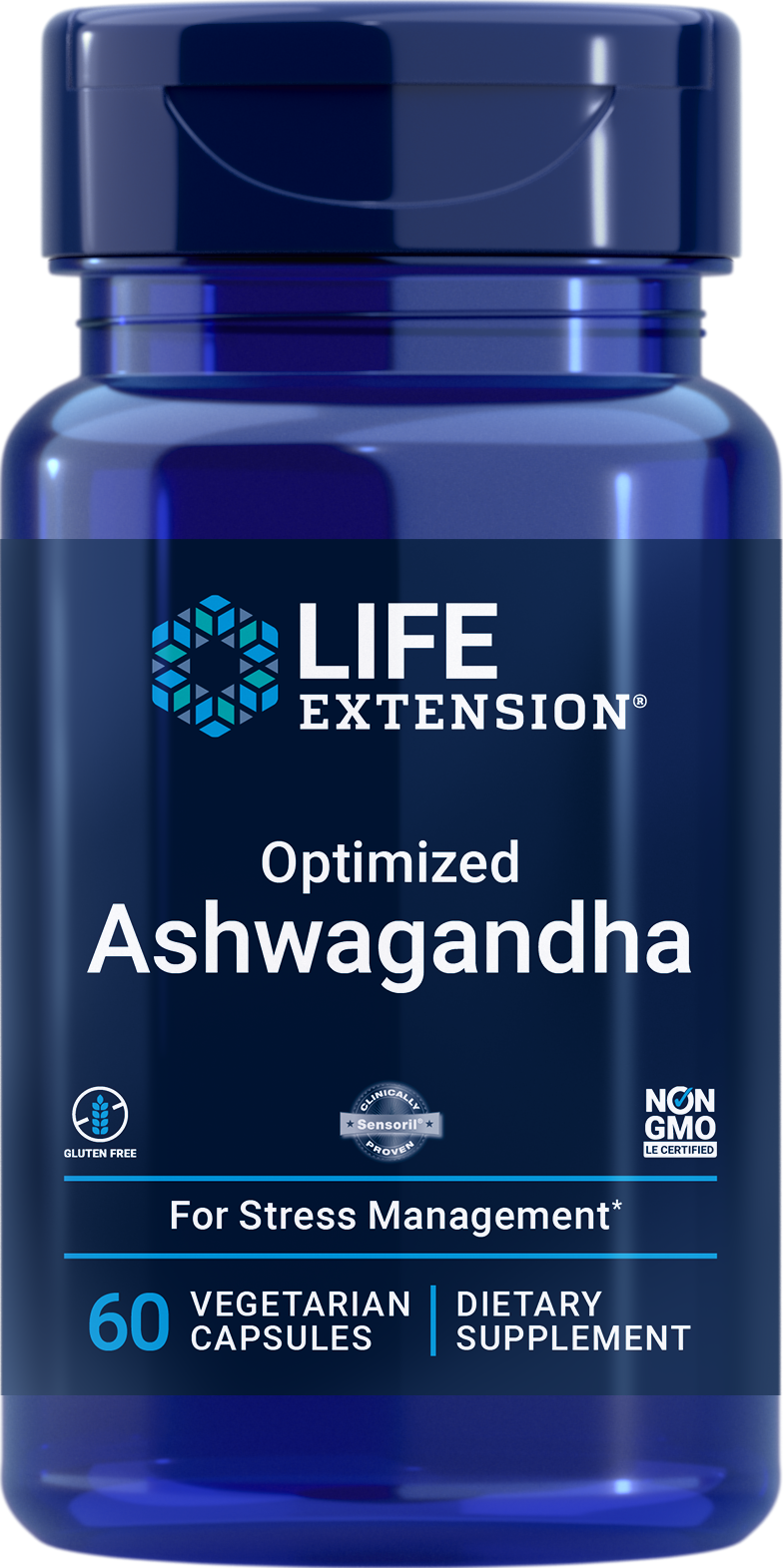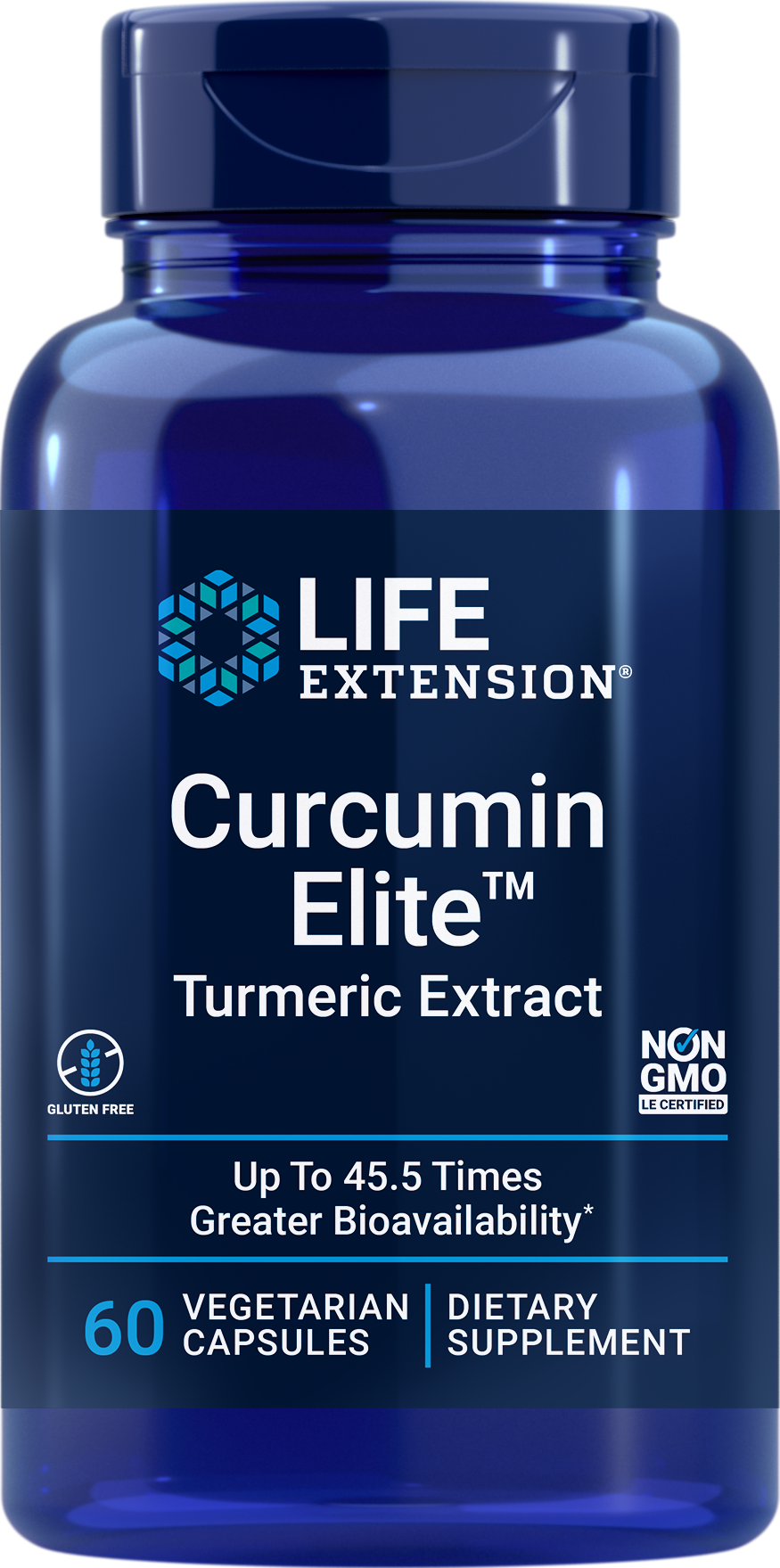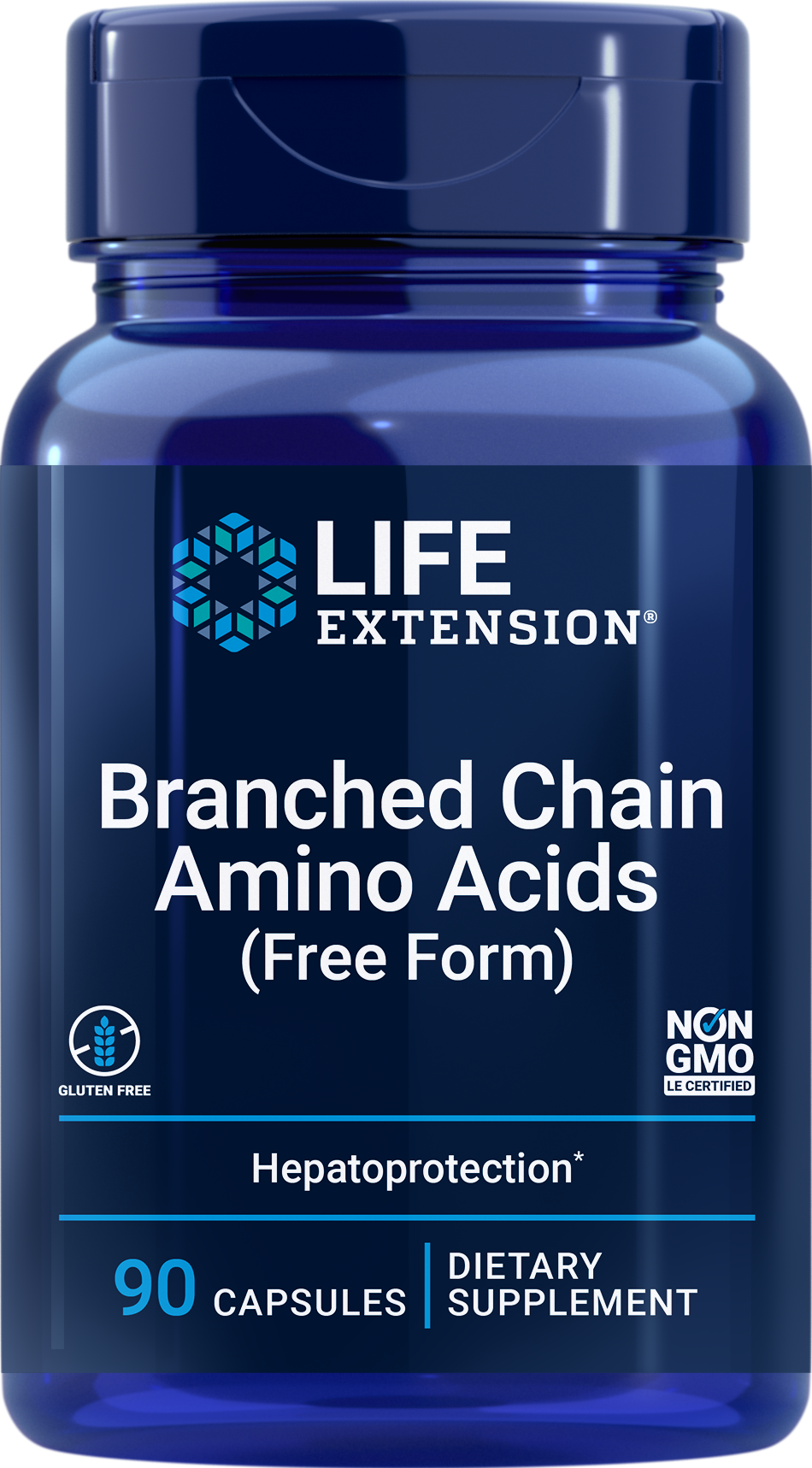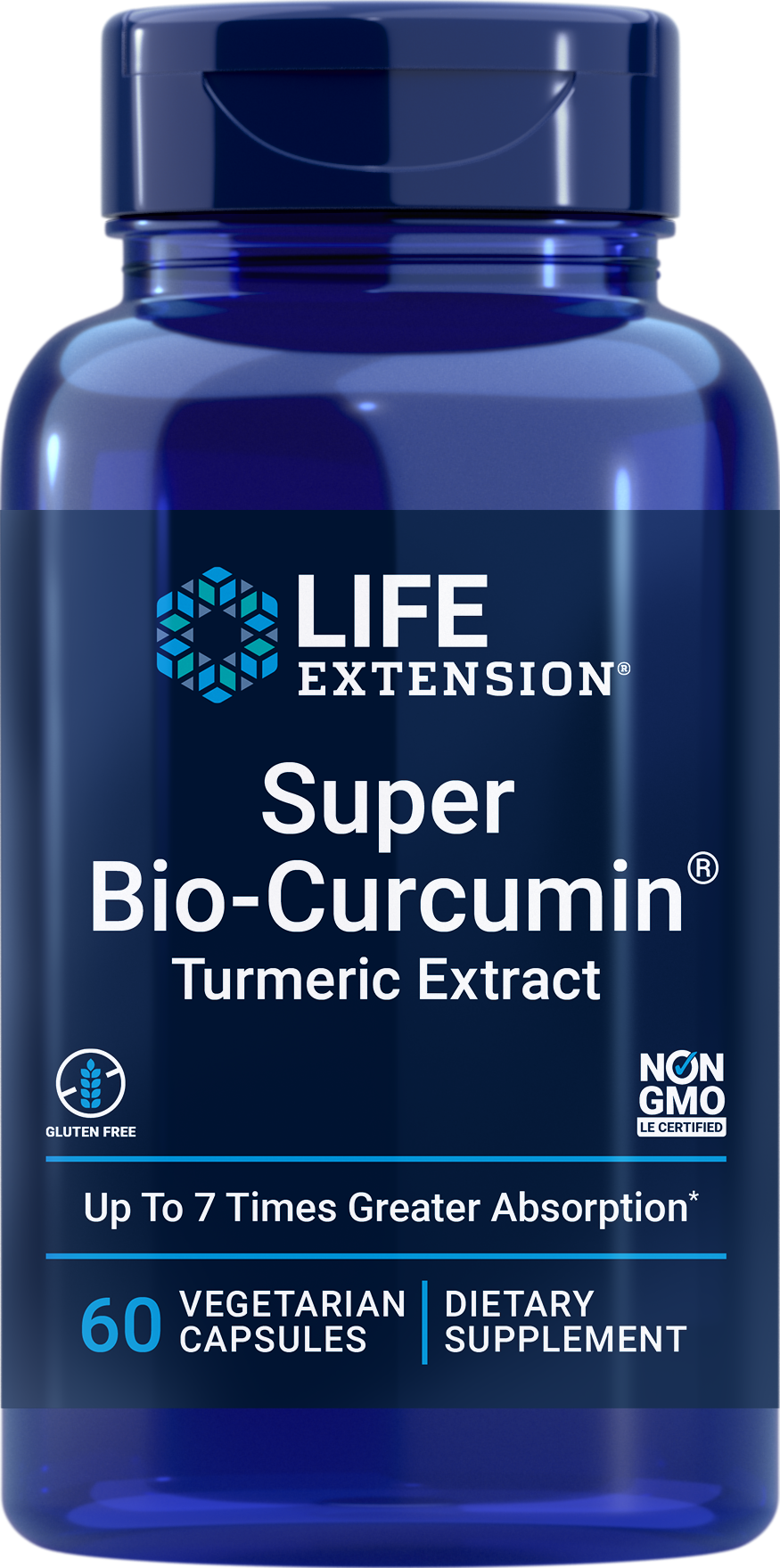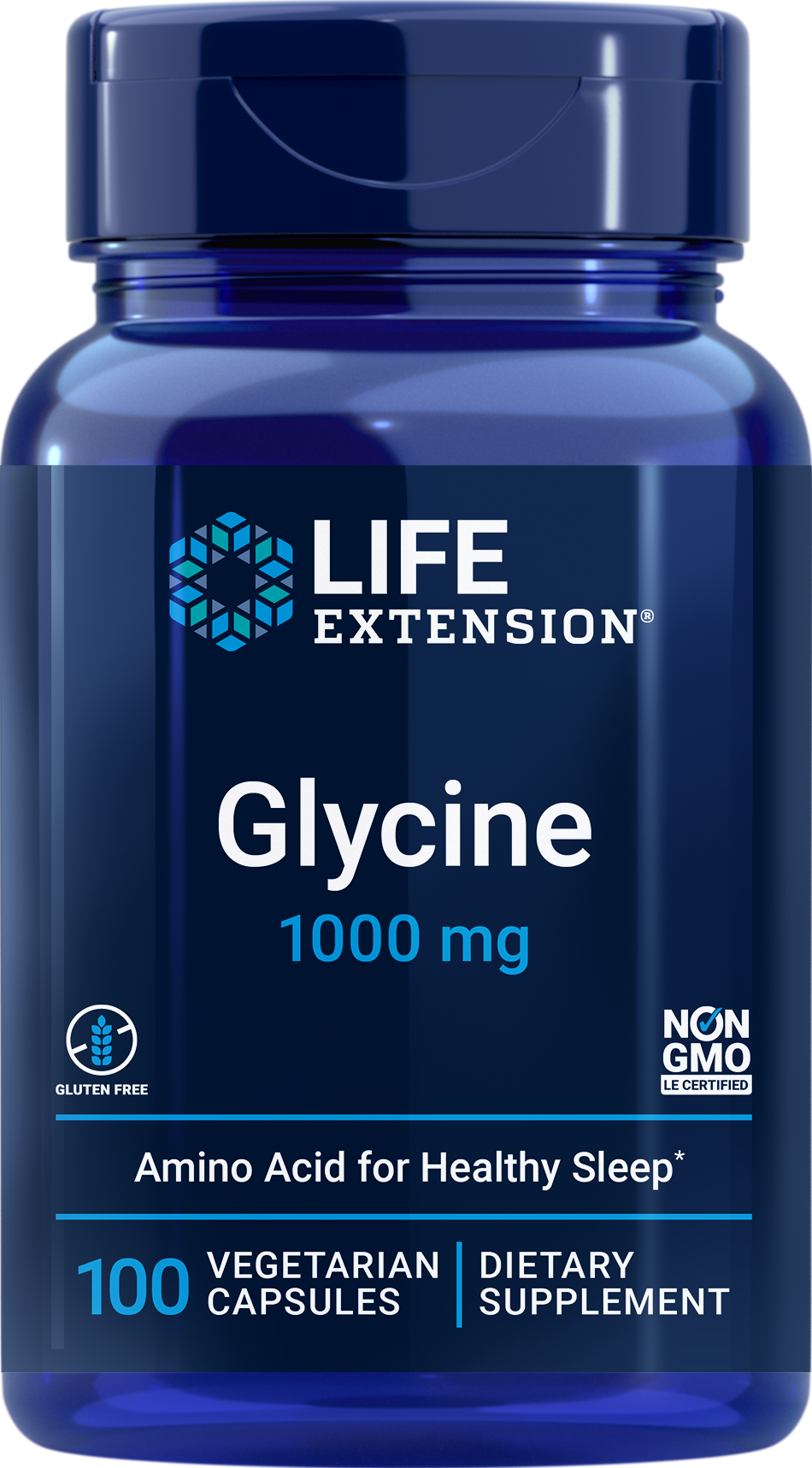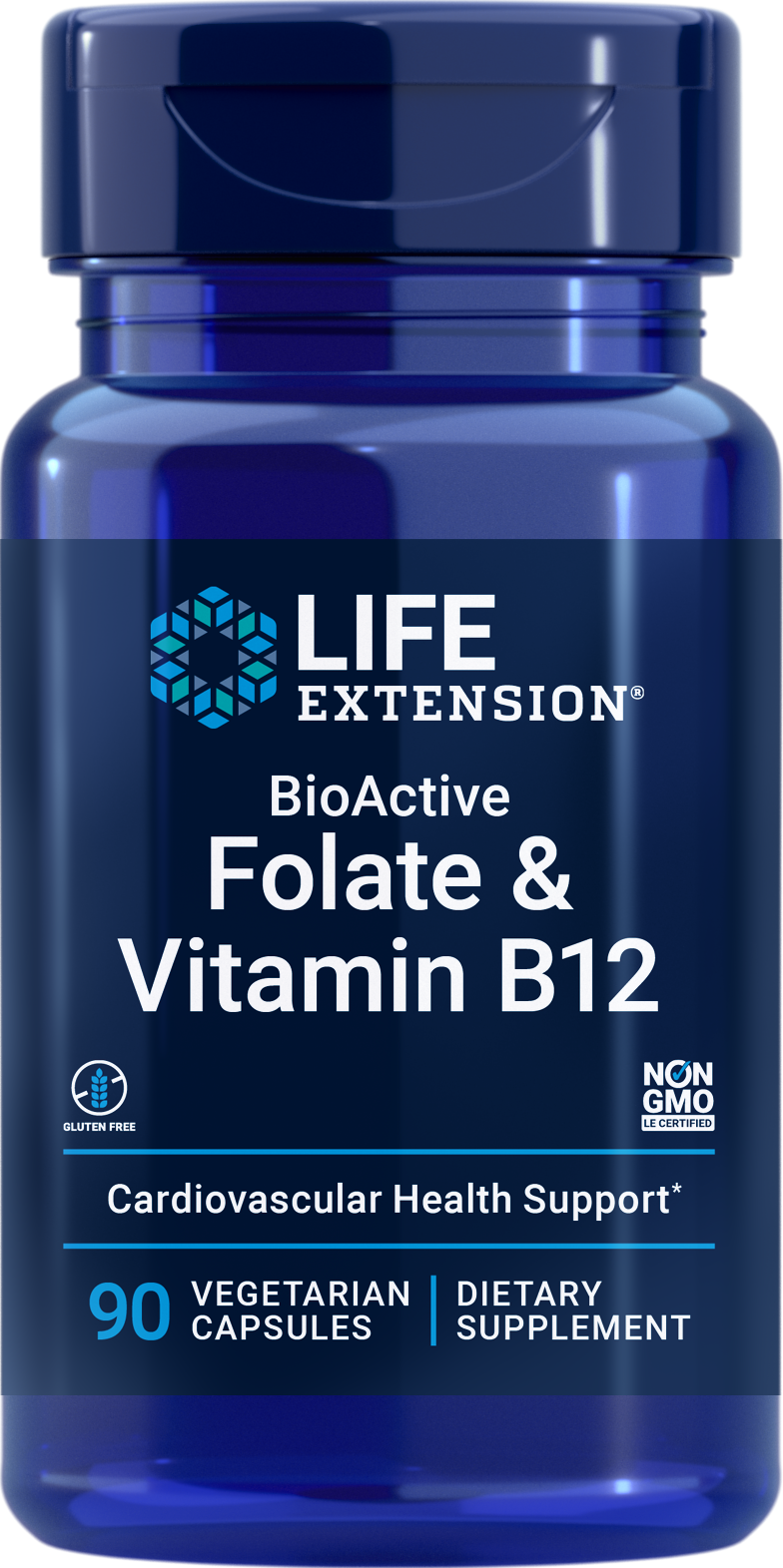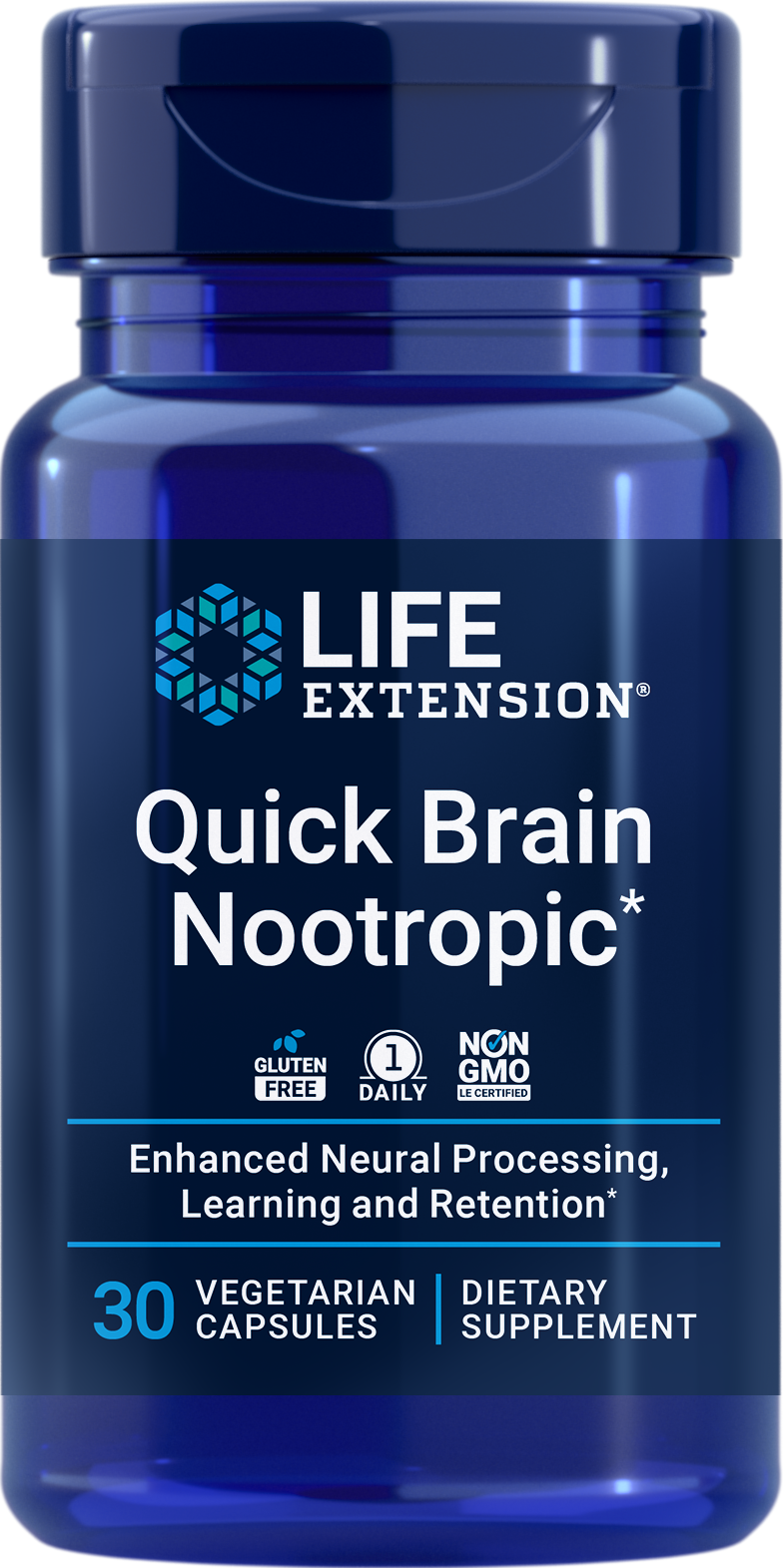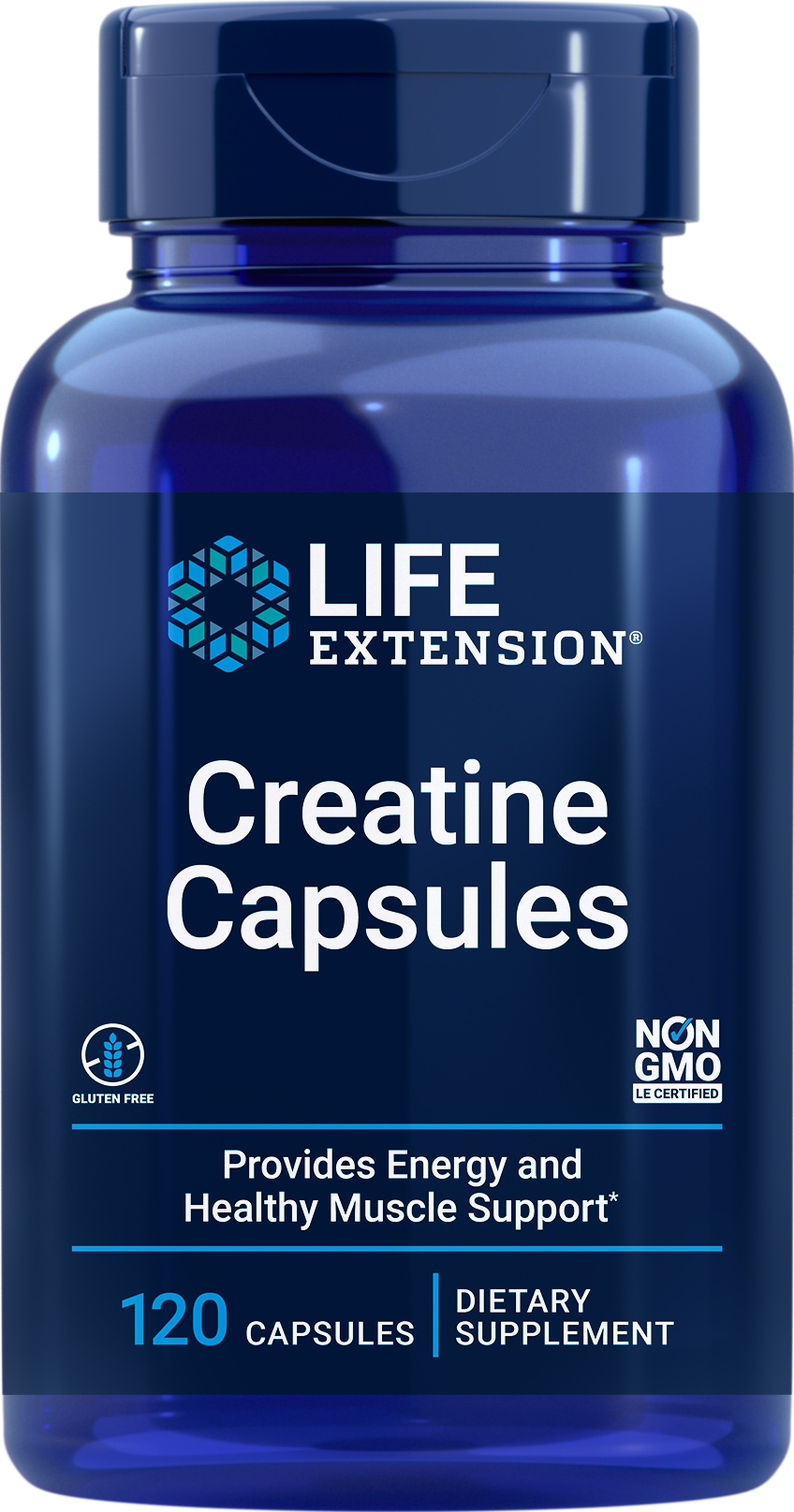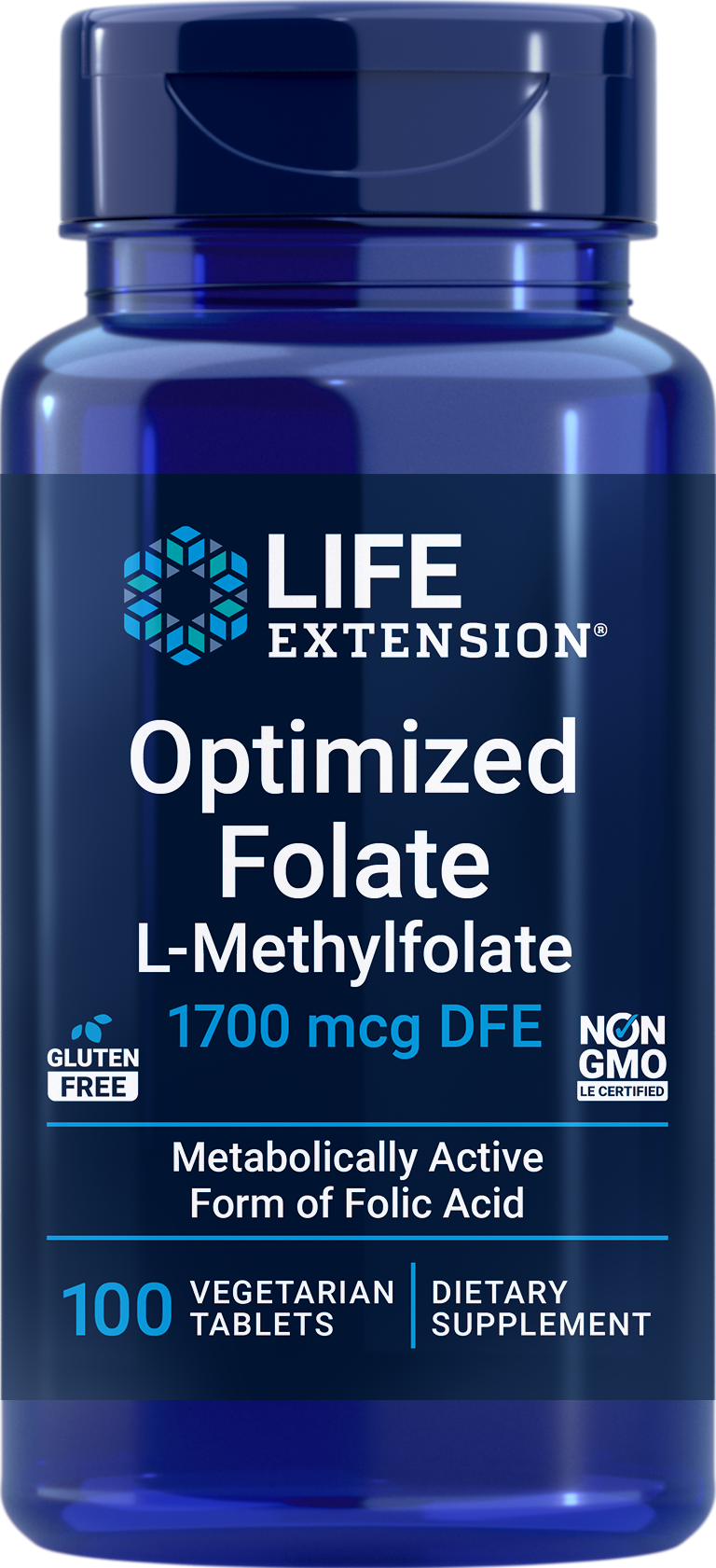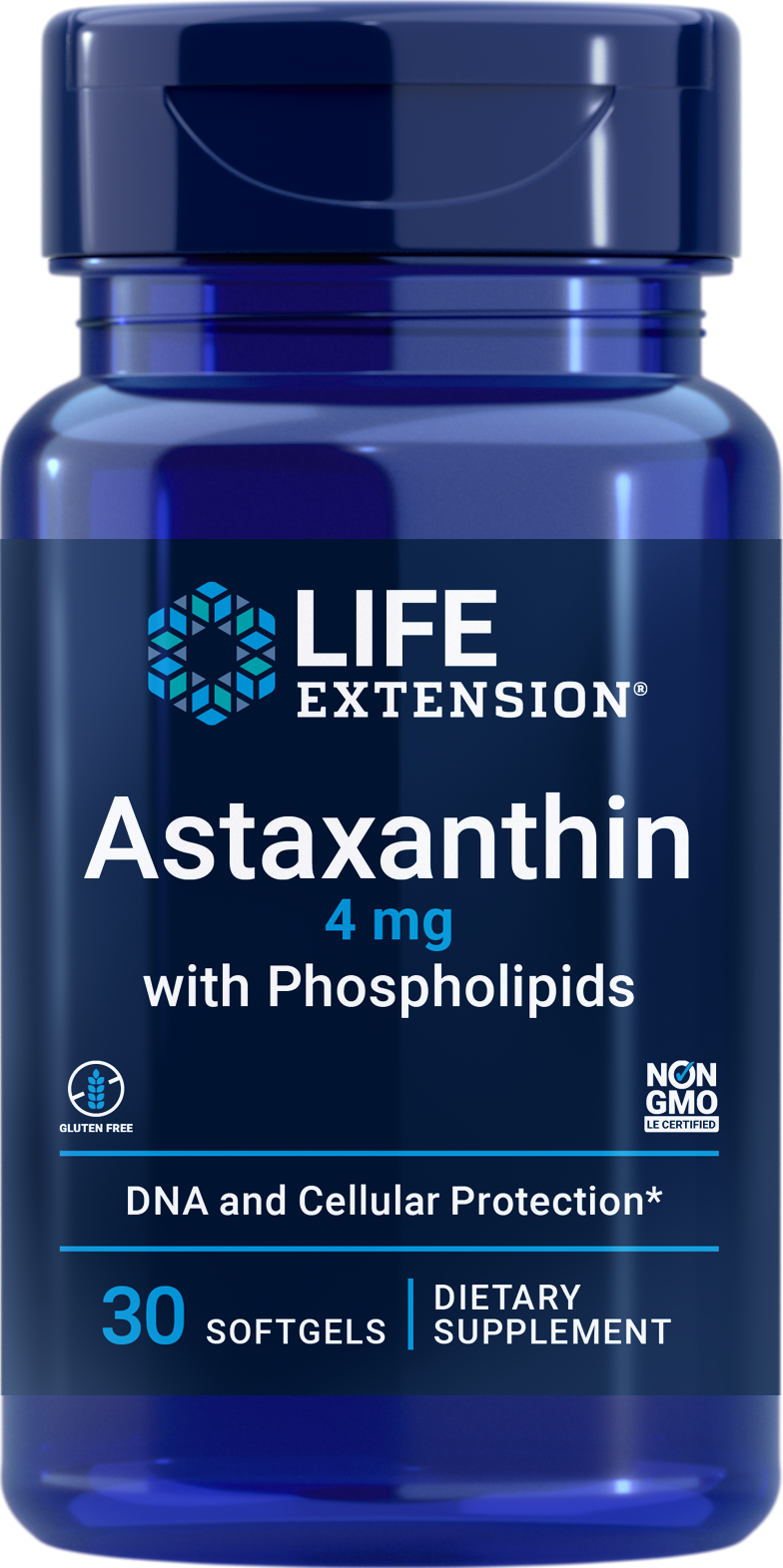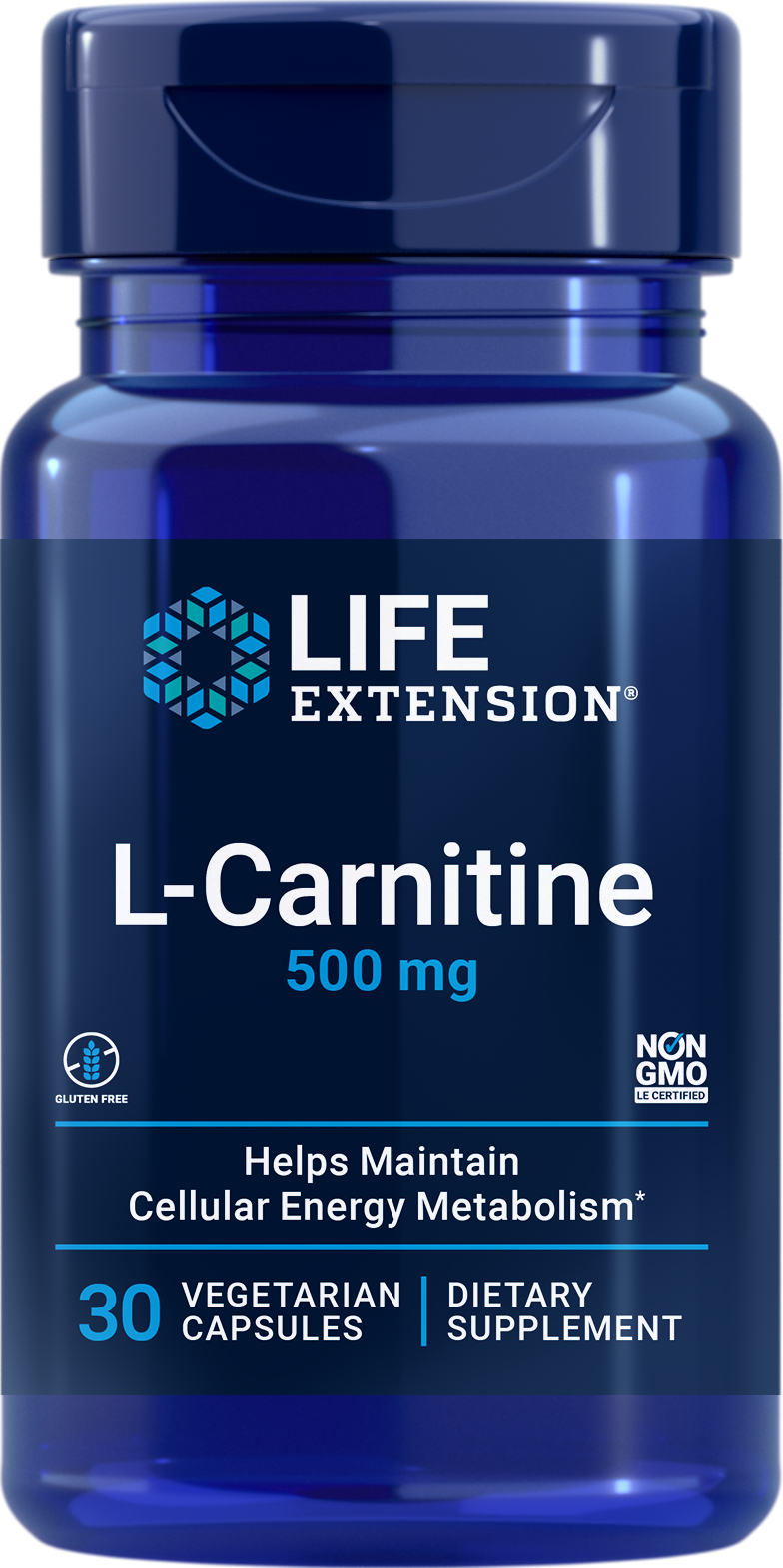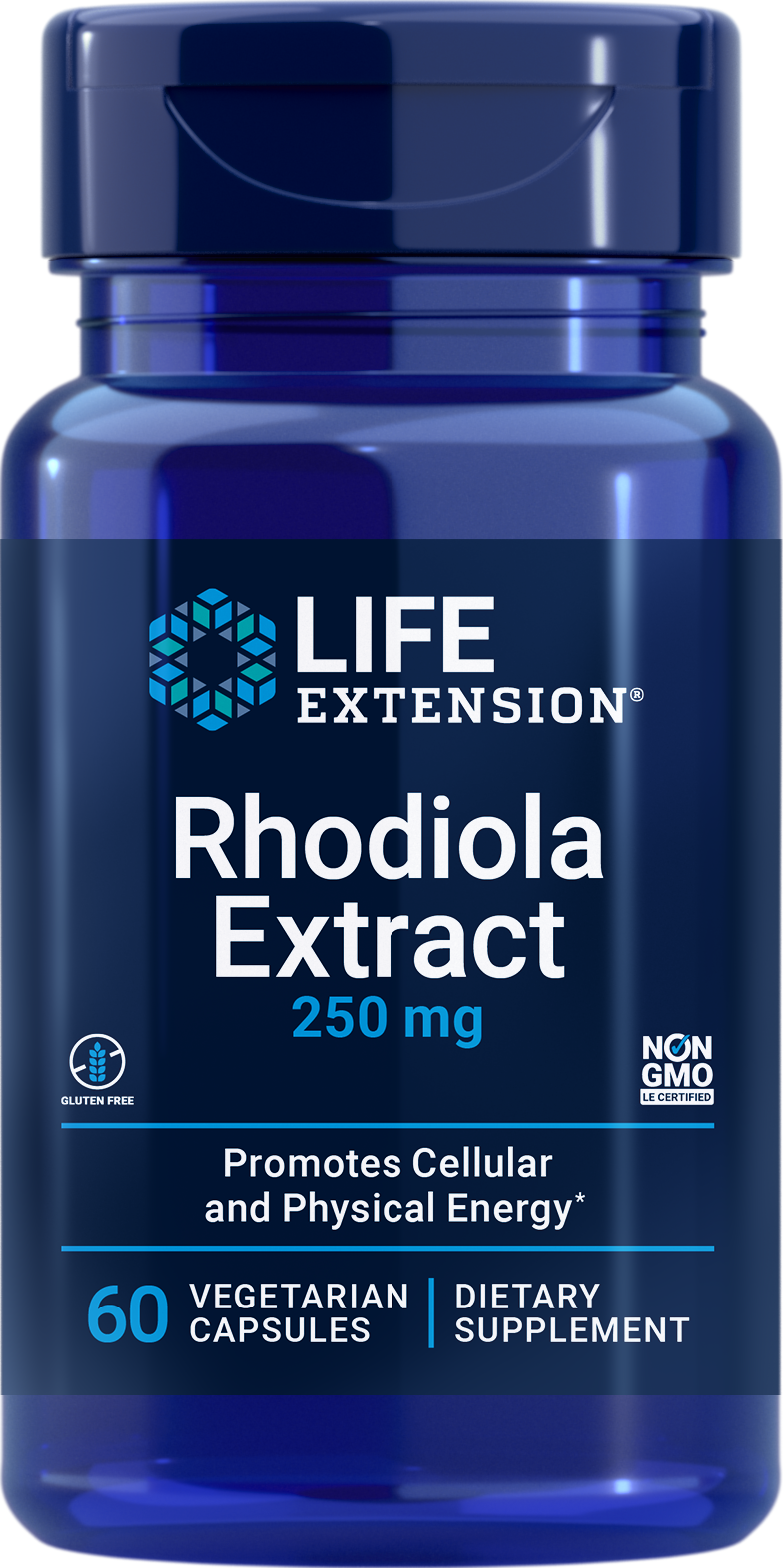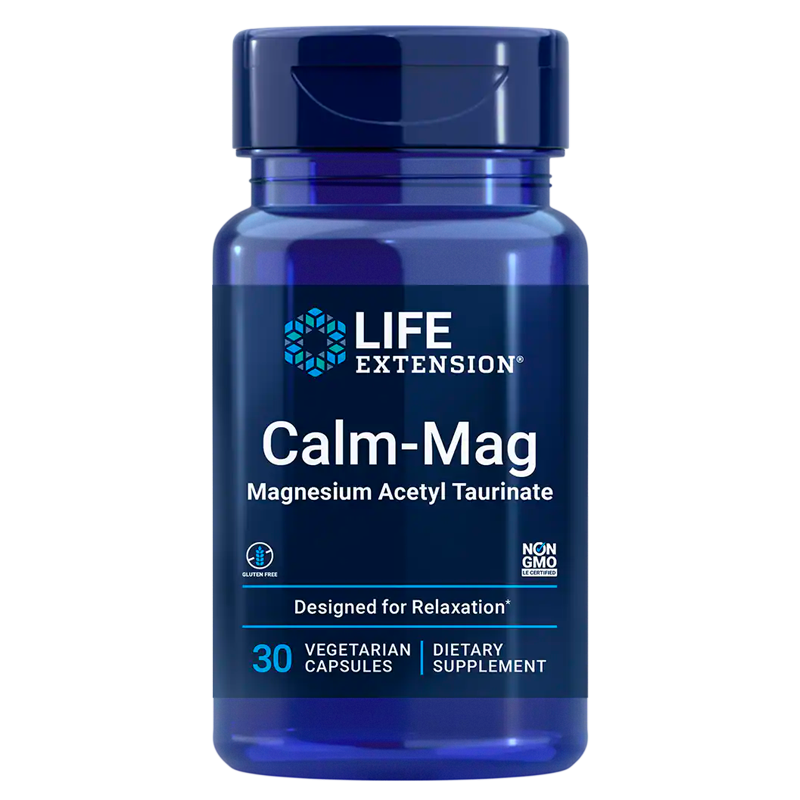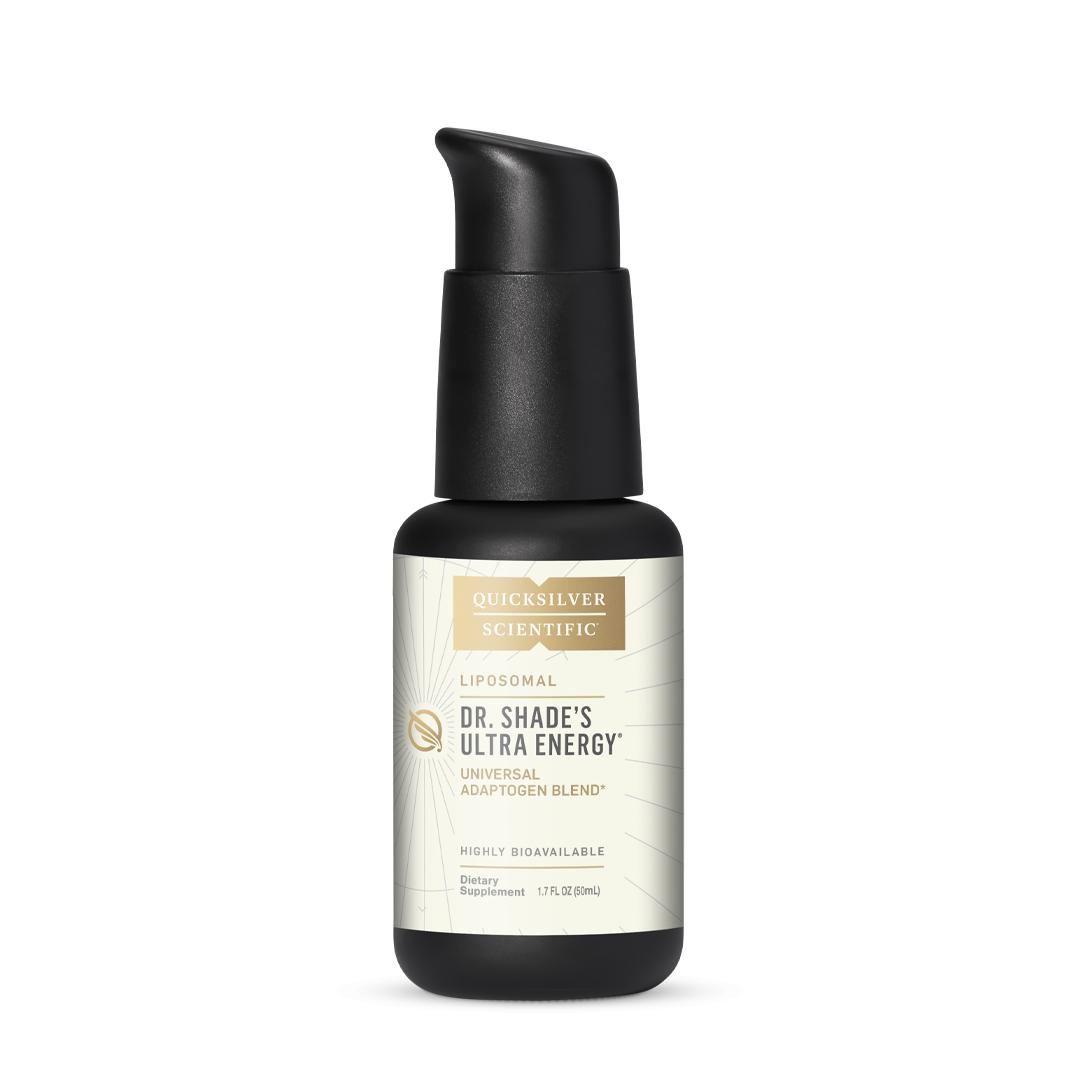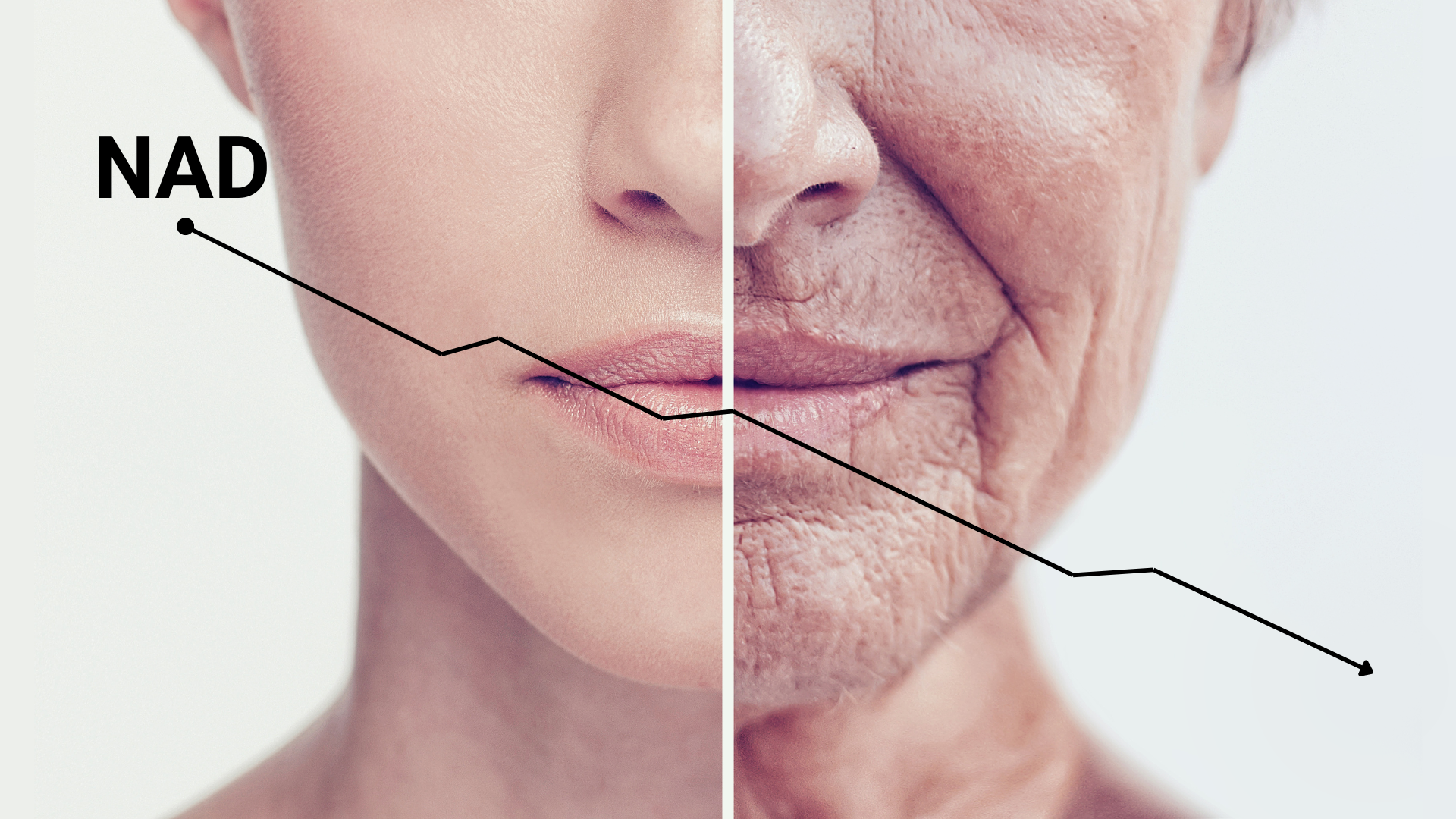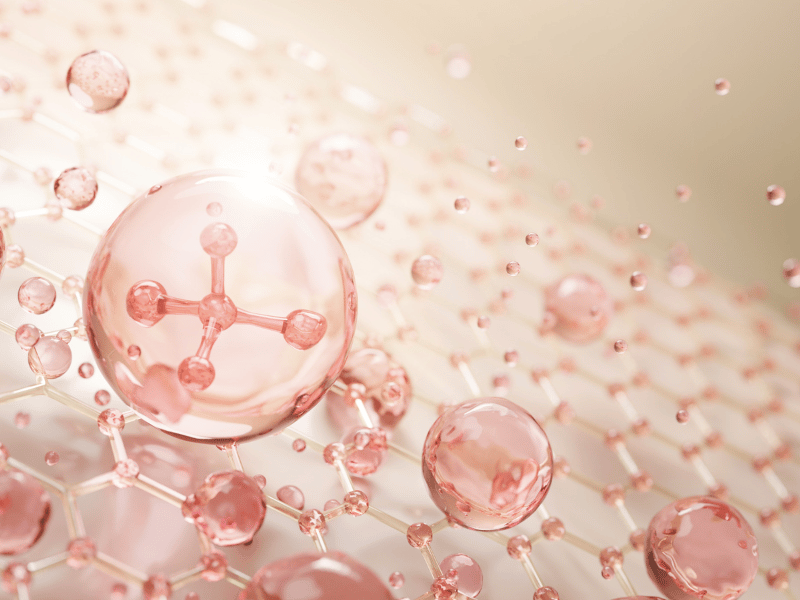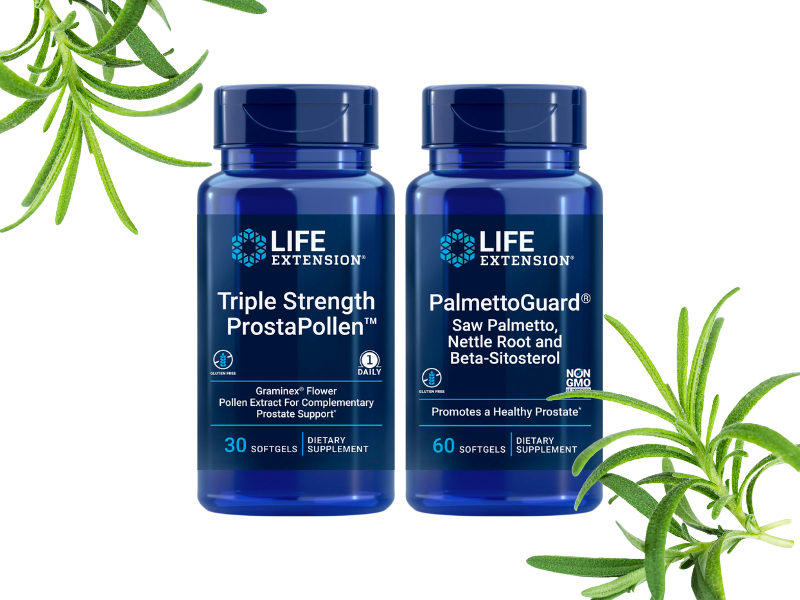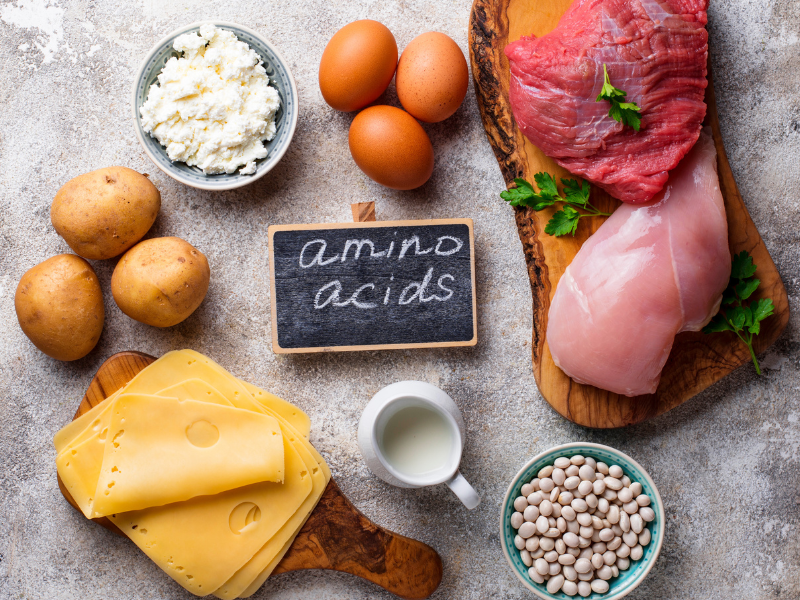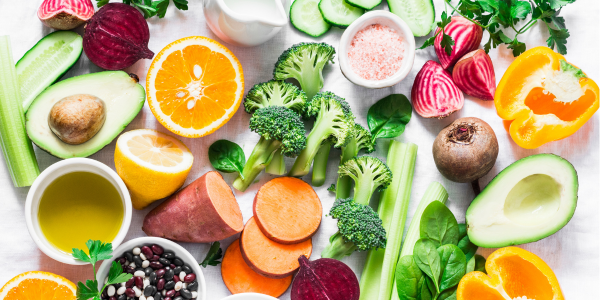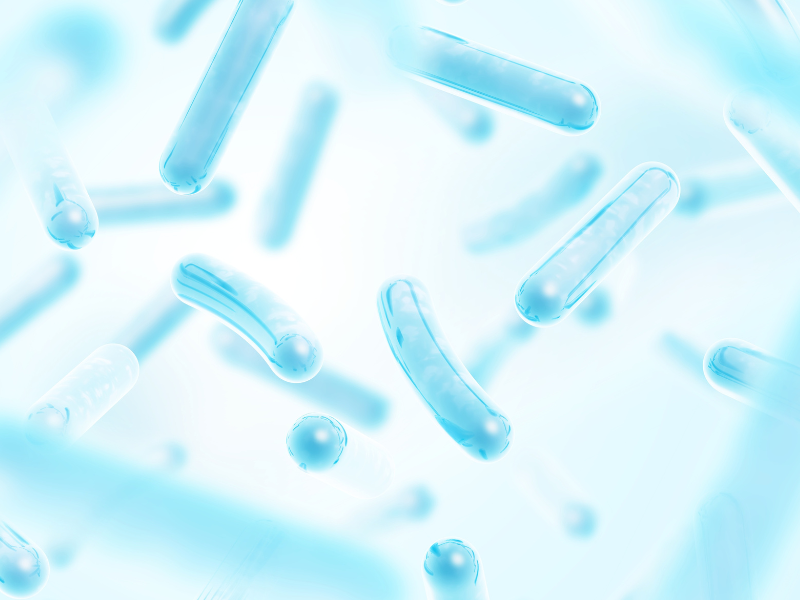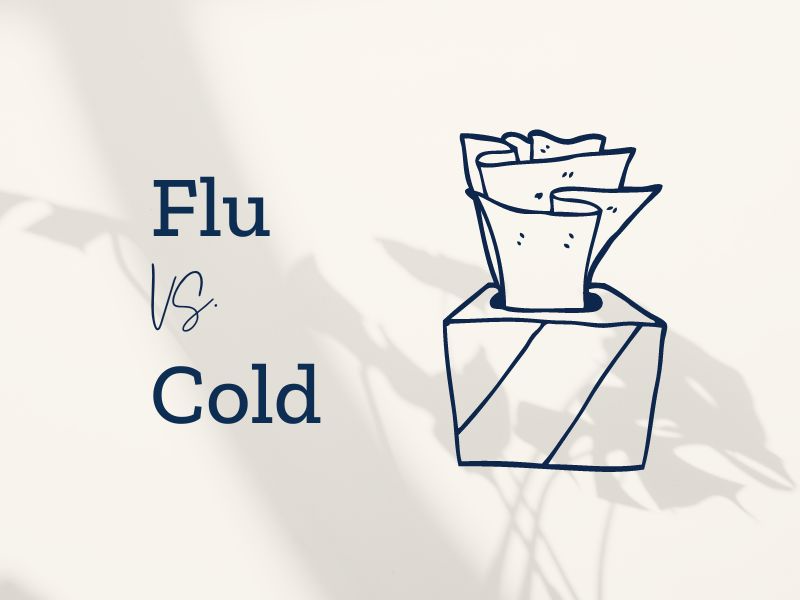
Brain health
The health of our brain is something we tend to take for granted...
But it's actually thanks to that collection of neurons weaving together the different inputs from your memory, body (eyes, mouth, nose, touch), and the outside world that you experience in life.
As we enter our 30s and 40s, our brains start to shrink, and that shrinkage rapidly increases by the age of 60. The reduction in tissue mass and volume causes a shift in areas associated with learning, memory, and other complex mental activities.
The good news is that loss of brain mass can be prevented by adopting healthy lifestyle habits and using supplements that target your needs.
Brain supplements for everybody
Let us help you find out what you are in need of.
Whether you want help to work your way through a challenging exam or support to protect memory and cognitive function as you age, we have good news for you: there are plenty of strong brain health supplements!
However, they all work somewhat differently, so it's important to know how they function. Find out here on this page.
Another best-in-class product:
Quick Brain Nootropic
This supplement is intended to boost focus/attention/mental performance.
Quick Brain Nootropic combines three clinically studied ingredients that can promote neural processing speed/fast thinking, memory, and concentration:
Carotenoid-rich marigold extract, standardized gotu kola extract (Centella asiatica), and water hyssop (Bacopa monnieri) extract.
A recurring bestseller:
Neuro-Mag® Magnesium L-Threonate
This formula contains magnesium L-threonate that supports brain function and structure.
The ultra-absorbable form of magnesium in Neuro-Mag® Magnesium L-Threonate can help maintain memory and youthful cognition, promote healthy brain cell signaling pathways, support crucial synaptic connections between brain cells, and can very well be combined with every other brain formula. This magnesium will also benefit the rest of the body.
DID YOU KNOW?
Your brain has at least 85 billion nerve cells and 100 trillion signaling connections between them. The unique magnesium form magnesium threonate helps maintain the function and quantity of these signaling pathways and thereby supports healthy memory and cognition.
The omega-3 fatty acid DHA is a component of your brain and eyes. Actually, more than 50% of your brain's dry weight comes from lipids, of which 10-20% is DHA. No wonder that this fatty acid is essential for brain development.
One of many ways that blueberries promote brain function is to improve cerebral circulation, which has strong implications in helping to combat neurodegenerative disorders.
This supplement can provide a comprehensive supply of specially selected nutrients that have been clinically shown to have potent neuroprotective benefits and support brain health.
Green tea: Decaf or Caffeinated
Green tea (and its polyphenols, including EGCG) is demonstrated to provide neuroprotection, helping to protect nerve cells and nerve function.
Clear your mind with a fast-acting, caffeine-free nootropic formula designed to help restore mental focus and energy. It combines mango leaf extract and more to target the neurological pathways associated with inattentiveness.
This formula contains clinically studied ashwagandha to support relaxation and spearmint extracts to help sharpen your concentration — so you can stay collected when facing daily pressure!
Cognitive health affects what you understand, process & remember.
This supplement can support all this with nutrients like sage extract and much more.
A "nootropic" is a nutrient that can help enhance learning, cognition, and mental processing speed.
This formula combines three
clinically studied nootropics.
Kevin Magnussen
"Formula 1 is all about the engine, body, and mind"
To fight for points, formula 1-driver Kevin Magnussen must optimize every single aspect of his game.
The engineer and mechanics can improve the car, but Magnussen must improve his physics, alertness, and ability to cope with enormous pressure.
Brain & Memory
A peek into your aging brain
Facts about the brain shrinkage
A younger brain is faster than a more mature one at processing all the external and internal stimuli that reach it as we go through our day.
As we enter our 30s and 40s, our brains start to shrink, and that shrinkage rapidly increases by the age of 60. The reduction in tissue mass and volume causes a shift in areas associated with learning, memory, and other complex mental activities.
These physical and structural changes include:
- Lower brain volume: As you age, your brain shrinks — in particular, the frontal lobe and hippocampus, which are responsible for cognitive functions like thinking, learning, and memory.
- Decreased connections: Connections between your neurons also lessen with age, which may play a role in changes to your memory and function.
- Slower communication between neurons: Another culprit behind slower cognition: changes in your myelinated nerve fibers. Neurons have long branches wrapped within a sheath of protein and fat that facilitate electrical impulses to and from nerve cells; when those fibers change, you simply may not think as quickly as you did when you were younger.
- Disrupted neurotransmitters: Neurotransmitters are how your brain cells communicate; as you age, the brain produces different levels of these brain chemicals, affecting cognitive function.
But, the good news is:
It's never too late to start building better habits that will keep your memory and other cognitive functions in tip-top shape. Smart ways to nurture a healthy brain are habits that include:
- Keep your mind active: Take part in activities that stimulate your brain.
- Keep moving: Exercise supports blood flow and memory, and also stimulates important chemical reactions that support a healthy mood.
- Maintain meaningful relationships and social engagement.
- Make wise nutritional choices, they can have a profound impact on your brain health.
- Focus on getting quality sleep.
- Take brain-supporting supplements: Learn more about the best nutrients for the brain below.
References: https://www.lifeextension.com/wellness/mind-memory/secrets-to-a-younger-brain
The best nutrition for the brain
You can eat and supplement your way to a healthier brain!
Brain food
Having balanced meals with nutrient-dense foods like vegetables, leafy greens, lean meats, healthy fats, and low dairy is a surefire way to help keep that noggin young and healthy.
It's also important to reduce or avoid high-calorie, high-saturated, and high-sugar foods. Research shows these foods promote inflammation and oxidative stress in cerebral cortex areas (like the prefrontal lobe and hippocampus) associated with learning, memory, critical thinking, and more.
Brain nutrients
The following nutrients (in alphabetic order) have been shown to improve one or more aspects of brain or cognitive function in healthy individuals:
- Acetyl-L-carnitine is a form of carnitine (amino acid made in the body) that crosses the blood-brain barrier and therefore may modulate nerve activity by enhancing the production of nerve growth factors, neurotransmitters, and neurohormones. In addition, acetyl-L-carnitine may help restore nerve cell membrane integrity and function, enhance mitochondrial function, and protect against neurotoxins.
- Ashwagandha extract (Withania somnifera) is considered an adaptogen, meaning it mitigates the stress response and increases resilience. Various clinical trials show improved cognition, memory, focus, mood, and sleep, and reduced cortisol levels.
- Bacopa monnieri: Research with this plant extract shows improved scores on memory and mood tests, visual processing speed, learning rate, and general cognitive function relative to placebo. Some evidence suggests bacopa may have immediate, short-term nootropic activity, making it appealing to those interested in brain hacking.
- Blueberry extract: Numerous studies and clinical trials indicate blueberry extract and anthocyanins may enhance cognitive function. A review of 11 trials in older adults with no or mild cognitive impairment found blueberry interventions can improve memory, working memory, executive function, processing speed, and attention, as well as brain blood flow.
- CDP-Choline/Citioline: CDP-choline stands for cytidine-5’-diphosphate choline, also known as citicoline. Choline is a substance needed by the brain to produce acetylcholine, a major brain/motor neuron neurotransmitter that facilitates the transmission of impulses between neurons. A placebo-controlled trial that included 100 healthy men and women, 50–85 years old, with age-related memory decline found 500 mg citicoline daily for 12 weeks improved performance on memory tests.
- Curcumin: The golden spice does more than add flavor to your meals. Emerging research shows the well-known biological active flavonoid has anti-inflammatory properties, which are significantly beneficial for memory, learning, and other cognitive skills. Curcumin crosses the blood-brain barrier giving it neuroprotective potential. A randomized placebo-controlled trial in 60 healthy older volunteers who received 400 mg of a lipid formulation providing 80 mg curcumin found the formulation improved attention and memory one hour later.
- Dimethylaminoethanol (DMAE) is a choline precursor reported to optimize brain production of acetylcholine and has demonstrated free radical-scavenging effects. A placebo-controlled trial in 80 subjects with emotional disturbance found a multi-nutrient supplement containing DMAE improved mood and altered brain electrical activity in a way that indicated increased attention.
- French maritime pine bark extract is high in polyphenols, and a patented standardized extract of concentrated polyphenols, called Pycnogenol, was used in an eight-week trial. Taking 100 mg per day led to improved performance on tests of attention, memory, executive function, and mood in 53 healthy college students. The cognitive test results were also better in the Pycnogenol-treated students than in a group of matched students who took no supplements and served as controls.
- Ginkgo biloba is a widely used medicinal. A review of the clinical research found a specific ginkgo extract was more likely to enhance cognition when used in doses of 240 mg or more per day, for 24 weeks or longer, and in older individuals with mild dementia. Cognitive benefits have been reported following single doses of ginkgo ranging from 120–360 mg in healthy young subjects in the 2.5–6 hours following treatment.
- Ginseng including Panax ginseng (Korean or red ginseng) and Panax quinquefolius (American ginseng), are commonly used around the world for their adaptogenic (stress-regulating) effects. Ginsenosides, the main active compounds in various types of ginseng, have demonstrated anti-inflammatory, oxidative stress-reducing, and neuroprotective effects, and a growing body of evidence indicates they may help reduce the risks of cognitive decline and central nervous system diseases.
- Green oat extract (Avena sativa) has been used historically to treat anxiety and insomnia, and preclinical evidence suggests it can positively impact brain function. In a controlled trial in 20 healthy participants, a single 800 mg dose of green oat extract improved performance on tests of working memory, processing speed, and attention relative to placebo, and altered brain electrical signaling.
- Gotu kola (Centella asiatica) is an Asian medicinal plant that has demonstrated neuroprotective effects through its abilities to reduce inflammation, oxidative stress, and mitochondrial dysfunction, while increasing neuronal connections. In one placebo-controlled trial that included 28 healthy older participants, 750 mg gotu kola extract daily for two months improved working memory and increased brain electrical activity during cognitive tasks, but neither 250 nor 500 mg daily had these effects.
- L-theanine is a nonessential amino acid found primarily in green and black tea and is demonstrated to possess mood- and cognitive-enhancing effects and potential utility as a "brain-hacking" nutrient. The calming effects of L-theanine can help reduce stress and anxiety by modulating neurotransmitter signaling.
- Magnesium: This mighty mineral facilitates communication between your brain and the rest of your body. Research also shows it confers protection against excessive stimulation of neurons (which can ultimately lead to cognitive decline.) In particular, magnesium L-threonate is a no-brainer for cognitive health. This form of magnesium can easily cross the blood-brain barrier, providing more magnesium to the brain where it helps support and enhance brain function.
- Mango leaf extract and its active constituent mangiferin have been studied for their effects on brain function and memory. Mangiferin has been shown to enhance electrical signaling in the brain and exert neuroprotective effects by reducing inflammation and oxidative stress, supporting mitochondrial function, modulating neurotransmitter activity, and preserving BDNF (Brain-derived neurotrophic factor).
- Multivitamin/mineral supplements have been reported to improve mental health, perceived stress level, physical stamina, and energy level, as well as some aspects of cognitive function, in adults with inadequate nutritional status or subclinical neurological or psychological symptoms. 136 Clinical research has shown a high-dose B-vitamin supplement can lower oxidative stress and inflammation, support myelination, and may improve mood by reducing levels of homocysteine, an amino acid linked to cognitive impairment.
- Omega-3 fatty acids: Here's why eating fish at least twice a week is so important: omega-3 fatty acids are essential for a sharp mind. Omega-3s like EPA and DHA are concentrated in the brain and are crucial for nerve growth, function, and plasticity. Research shows that omega-3s can help slow the brain's aging, supporting a younger mental profile.
- Peppermint (Mentha piperita): In a placebo-controlled trial with 24 healthy young participants, within three hours after a single 100 microliter dose of encapsulated peppermint essential oil, performance on a demanding cognitive task was improved, and mental fatigue after prolonged cognitive exertion was decreased.
- Phospholipids (including phosphatidylcholine, phosphatidylserine, phosphatidylinositol, and phosphatidylethanolamine) are compound lipids, consisting of phosphoric acids, nitrogen base, alcohol, and fatty acids. These compound lipids are major components of the cell membrane and also provide a fluid character to the membranes. They are important components of all cell membranes and are produced in the body or obtained in the diet. Phospholipids are especially abundant in the brain, where they help stabilize nerve cell membranes and myelin sheaths, regulate neuronal responsiveness to signaling factors including neurotransmitters, and support neuroplasticity.
- Phosphatidylserine (PS) can produced from phosphatidylcholine and phosphatidylethanolamine which are high in the omega-3 fatty acid DHA. Phosphatidylserine supports cognitive functions such as short- and long-term memory, learning, attention, problem-solving, language, and communication, as well as neuromuscular activities such as rapid motor responses and reflexes.
- Phellodendron (Phellodendron amurense) commonly known as amur cork tree. Dopamine is one of the most important neurotransmitters in the brain. A study ranked phellodendron as one of the most potent extracts for inhibiting the activity of monoamine oxidase-B (MAO-B), an enzyme involved in the metabolism of dopamine. By preserving healthy dopamine levels, phellodendron tree bark may help maintain clear thinking, cognitive function, and motivation as well as reduce the potential risk for neurodegenerative illnesses.
- Pyrroloquinoline quinone (PQQ) is a vitamin-like compound found in plants (and more) and potent antioxidant that contributes to a variety of cellular functions, such as mitochondrial biogenesis and gene expression. Research suggests that PQQ can support neuronal growth and help improve cognitive function (memory, reaction time, attention).
- Rhodiola rosea is a plant that grows mainly in the Arctic and has long been for different purposes such as physical endurance, work productivity, longevity, fatigue, depression, impotence, gastrointestinal ailments, infections, and nervous system disorders. Multiple studies indicate that Rhodiola may improve learning and memory through effects such as increasing brain metabolism, inhibiting apoptosis and breakdown of acetylcholine, and reducing inflammation and oxidative stress.
- Rosemary (Rosmarinus officinalis) contains rosmarinic acid and carnosic acid, shown to protect rat brain cell cultures from free radical damage. This is the kind of damage that can cause strokes and neurodegeneration. In a controlled trial in 80 healthy adults, ingesting 250 mL of rosemary-infused water led to improvements in cognition and increased oxygen uptake by the brain compared with ingesting the same amount of plain water.
- Spearmint (Mentha spicata):
Studies show that spearmint can “wake up” the brain and boost cognitive function, and a spearmint extract high in rosmarinic acid has been investigated for its potential nootropic effects. In a placebo-controlled trial in 142 young healthy participants, those who received 900 mg of a spearmint extract standardized to contain 14.5% rosmarinic acid and 24% total phenolic compounds daily for 90 days had greater improvement in scores on cognitive tests measuring aspects of attention than those who received placebo.
- Sage extract (Salvia officinalis and other species) is an ancient herb and polyphenol-rich plant that has been used historically to improve memory, quicken the senses, enhance brain function, and delay cognitive decline. Several clinical trials in healthy young adults have shown a single dose of sage extract (S. officinalis or S. lavandulaefolia), in varying doses, can have a short-term positive impact on memory and attention as well as mood. Another trial found 333 mg resulted in the greatest improvement in memory performance, and improved scores on tests of attention, in adults over 65 years old.
Remember, when it comes to keeping your brain at its best, combining cognition-supportive nutrients with a lifestyle of good sleep, exercise, and nutritious foods is your smartest move.
References: https://www.lifeextension.com/protocols/neurological/nutritional-neurohacking
Get free professional help!
Book 30 minutes with one of our skilled Health Advisors and get help to find the product you need.
With a 30-minute consultation, you can find your fit to benefit from our range of products for your brain.
For a healthier every day, you can ask for advice and knowledge about your health right here.
The consultation is possible in English, German, and Spanish.
Read relevant blog posts



